6 on Trial for Princess Kate Topless Photos
Photos emerged of Kate sunbathing topless in 2012.
— -- The six defendants on trial for alleged invasion of privacy after taking or publishing topless photos of Princess Kate were granted a delay in the trial until May at the request of their lawyers.
The invasion of privacy trial had been due to start Tuesday in France, where Kate and Prince William, both 34, were vacationing in 2012 when the photos were taken.
The life and times of Princess of Wales








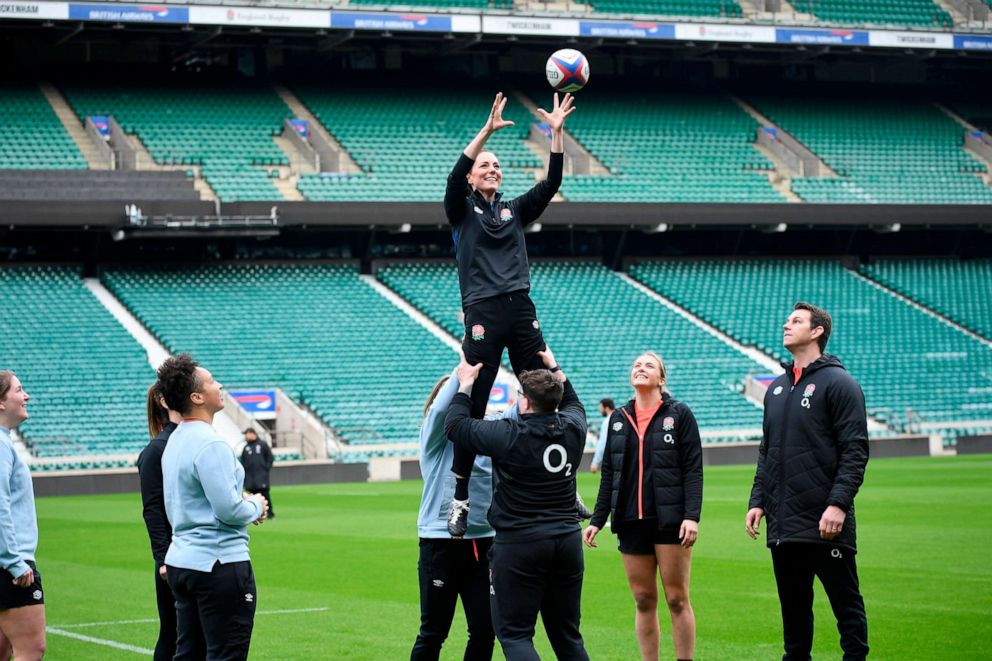


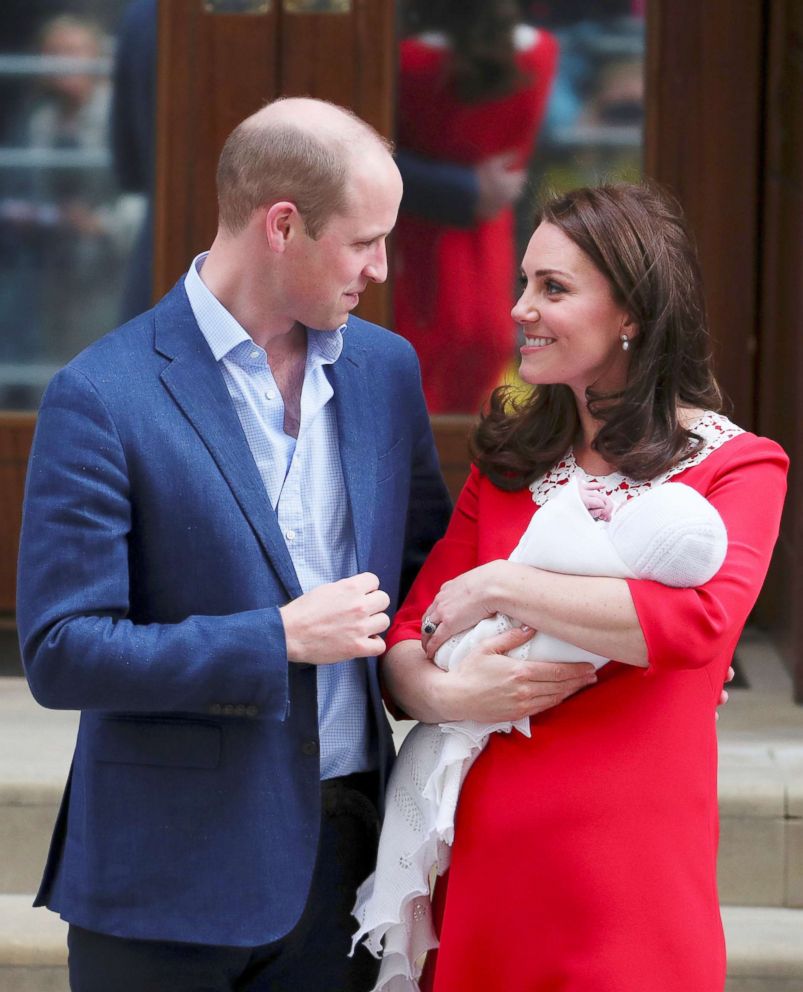
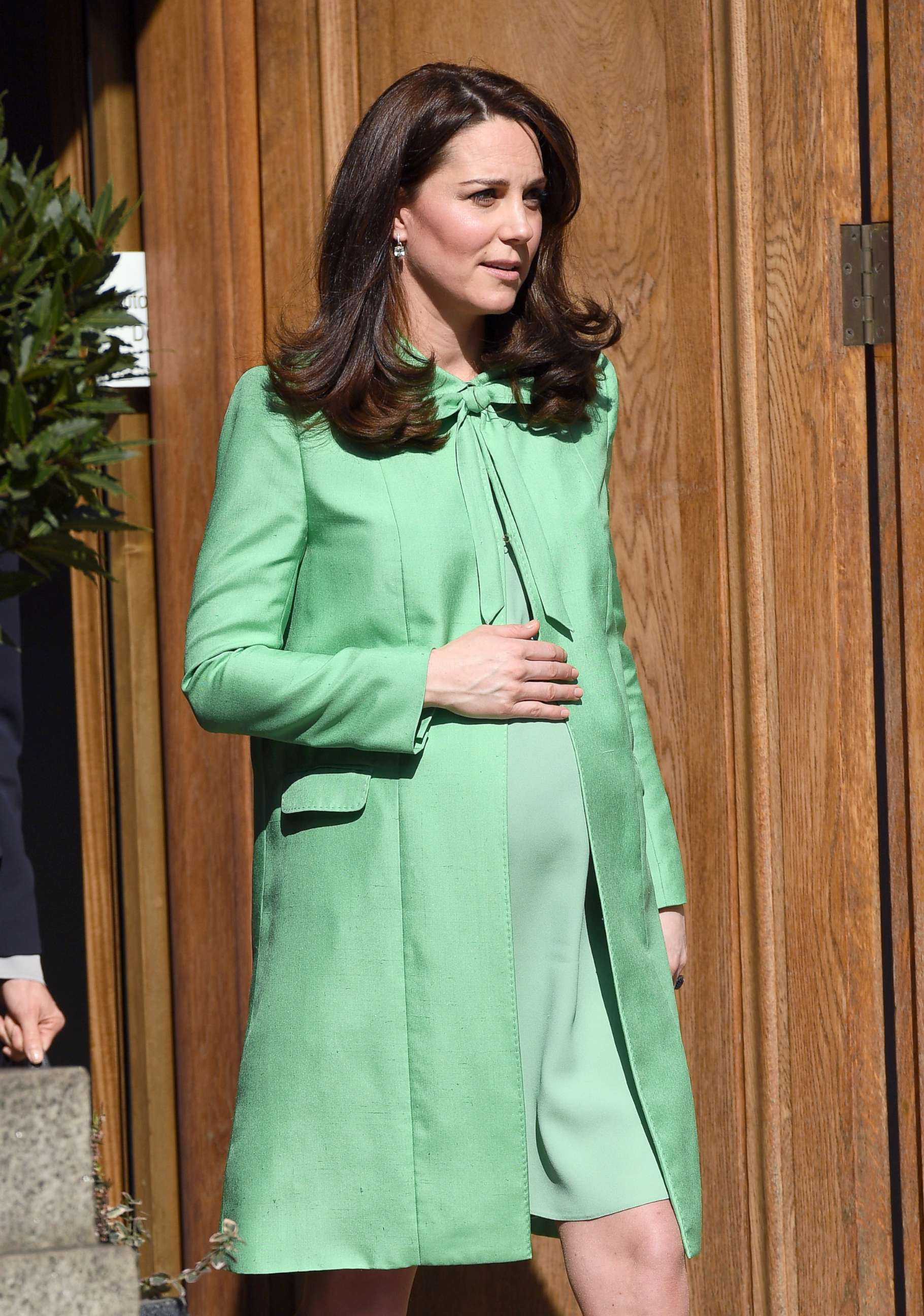
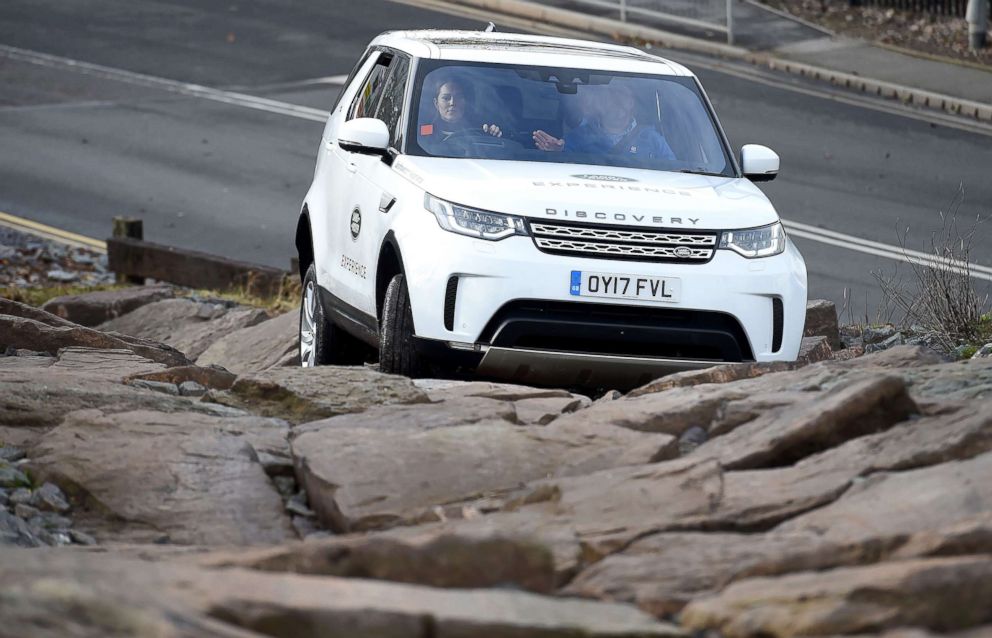
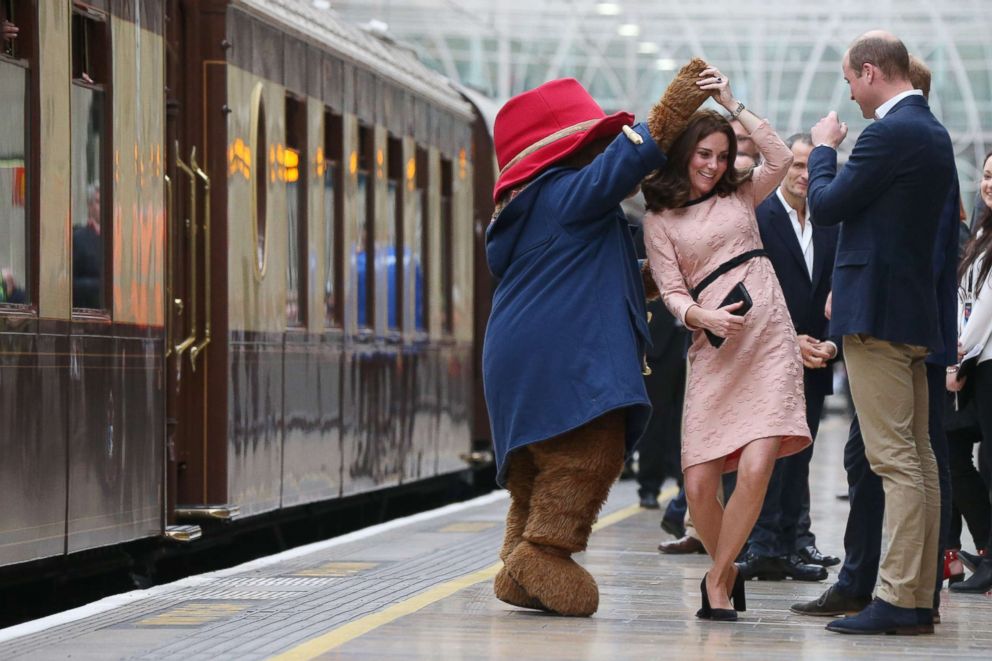
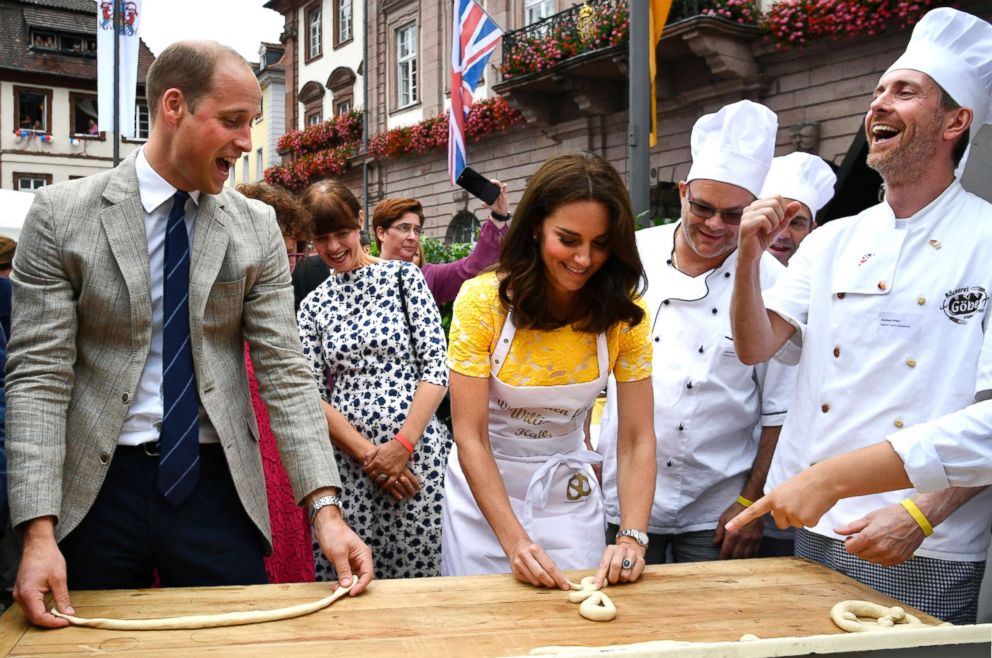
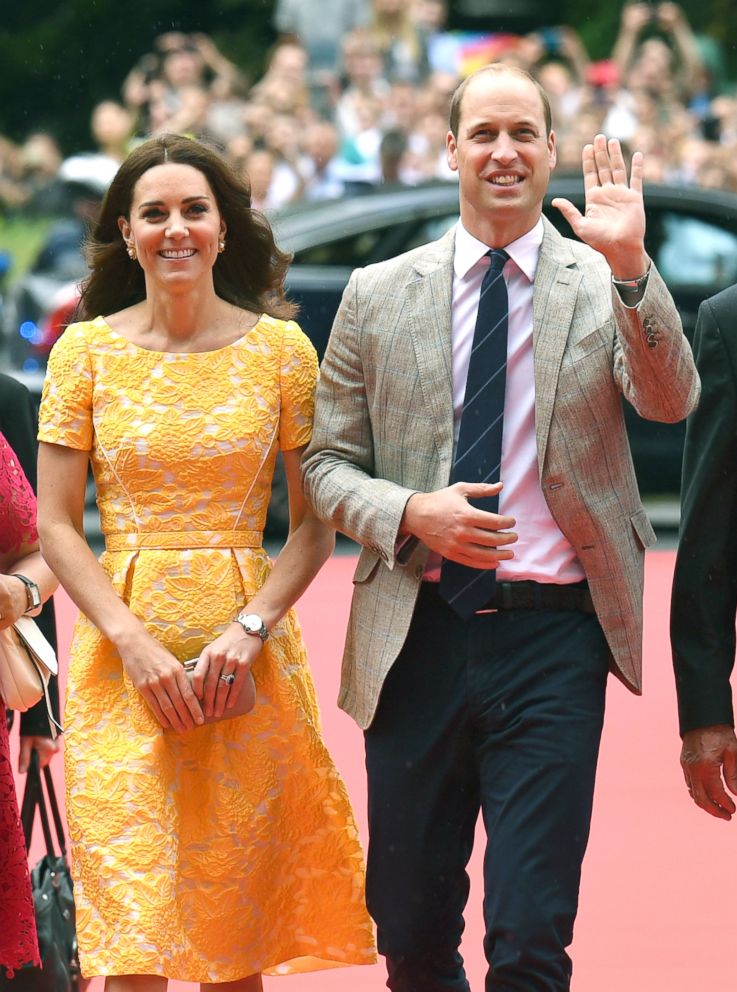
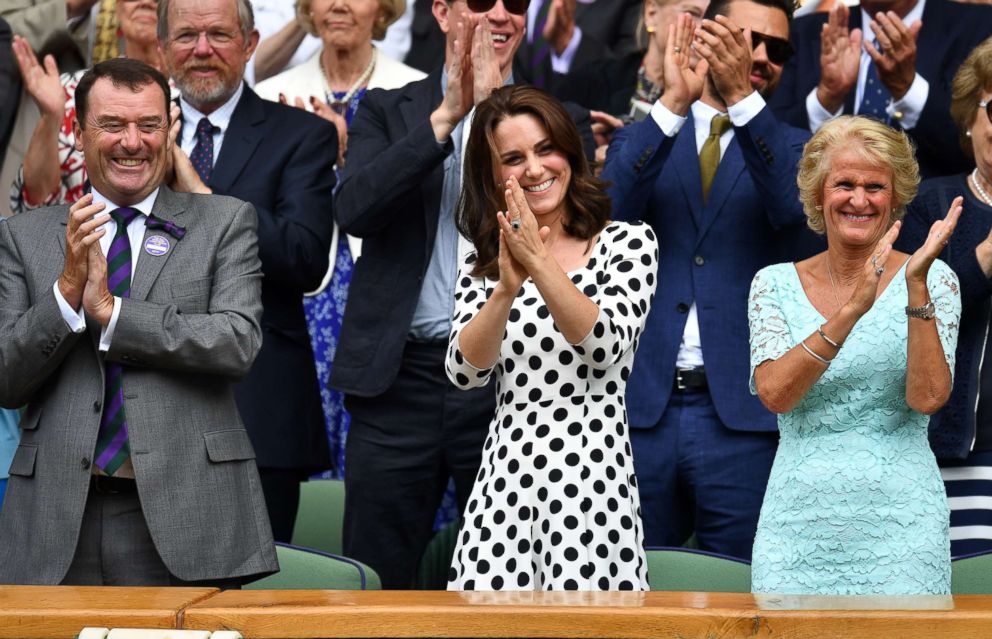
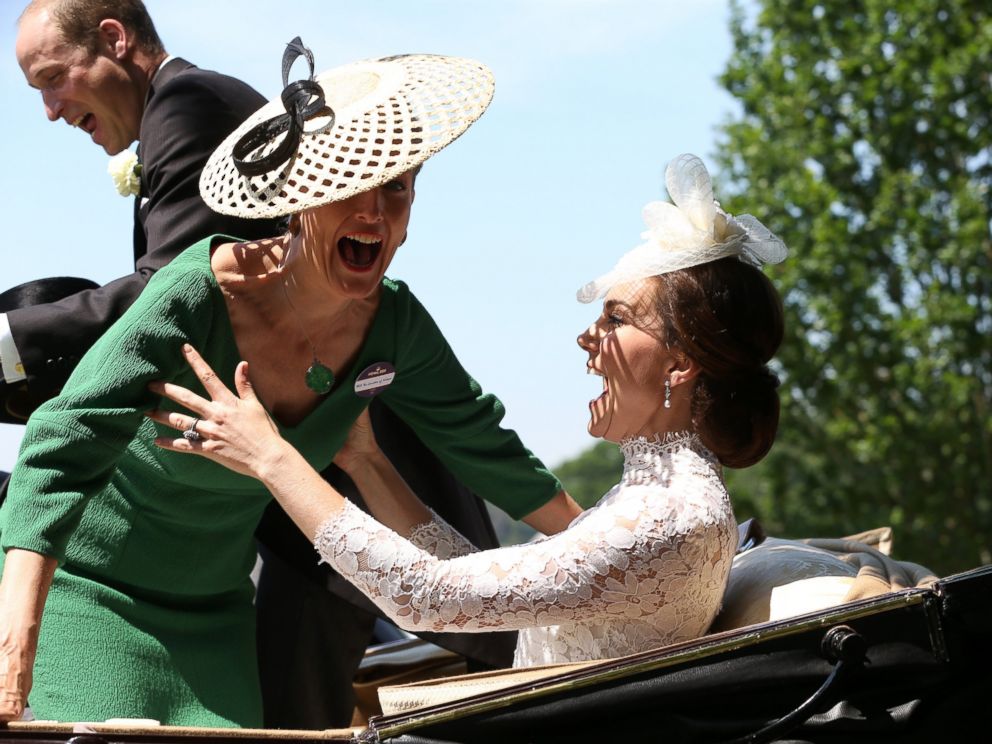
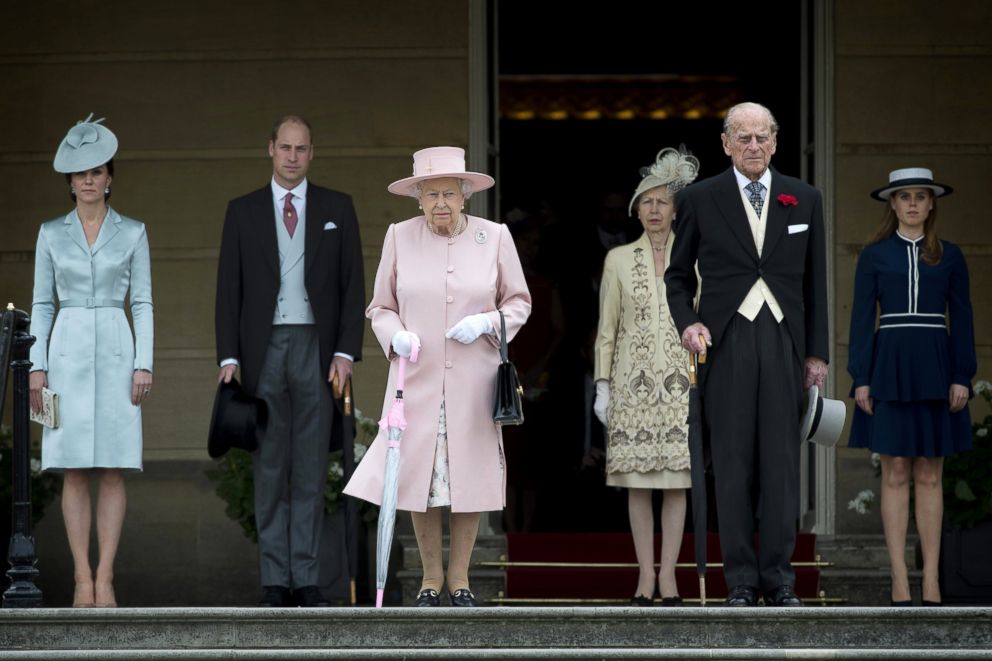
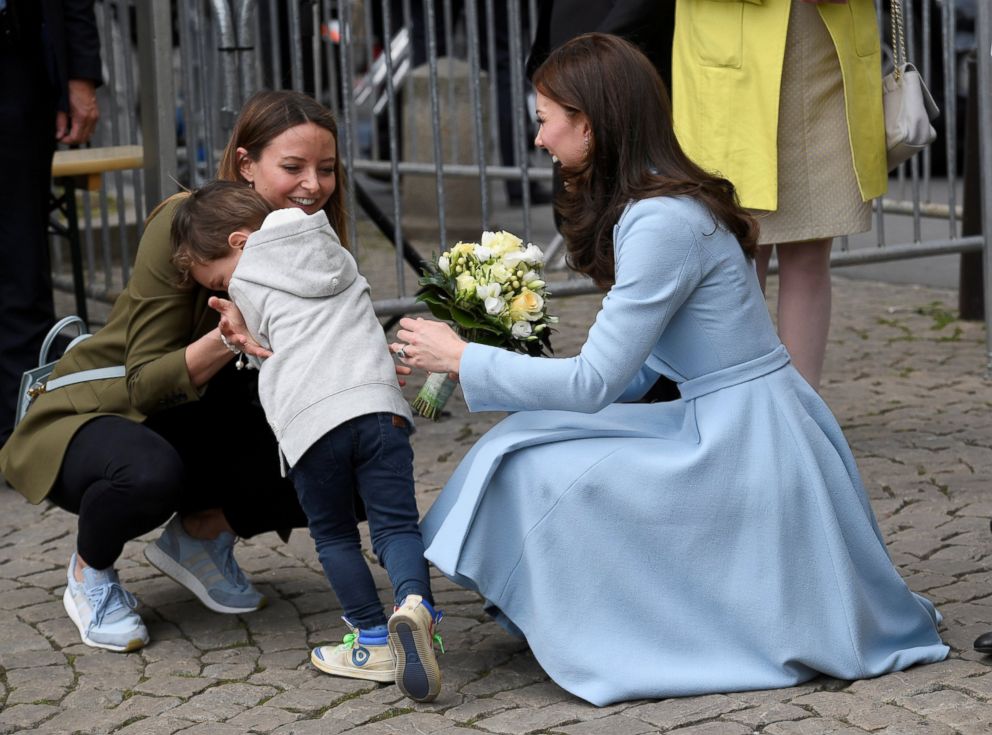


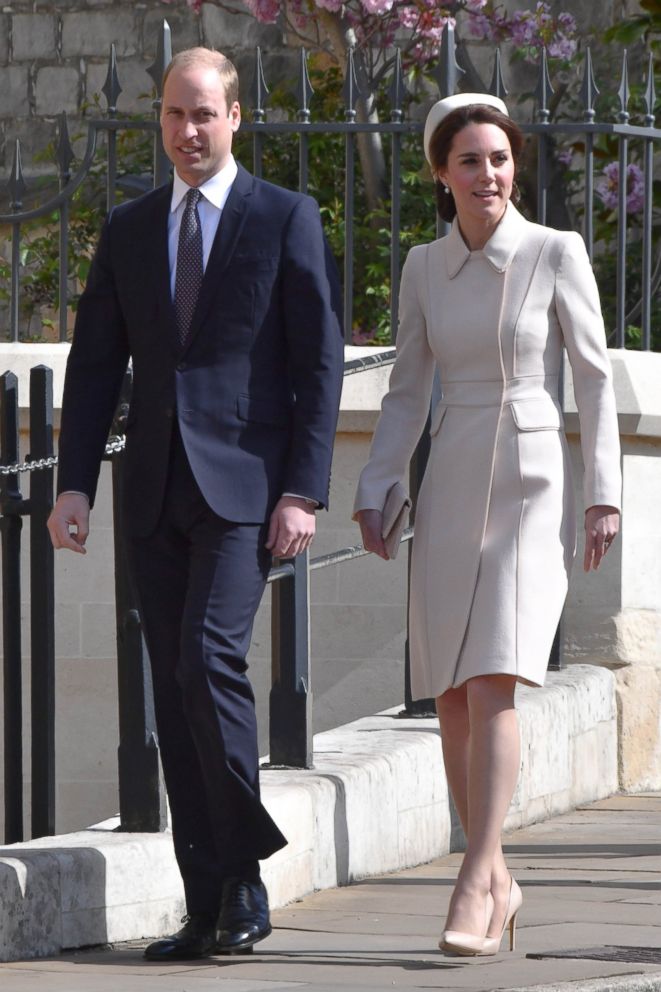


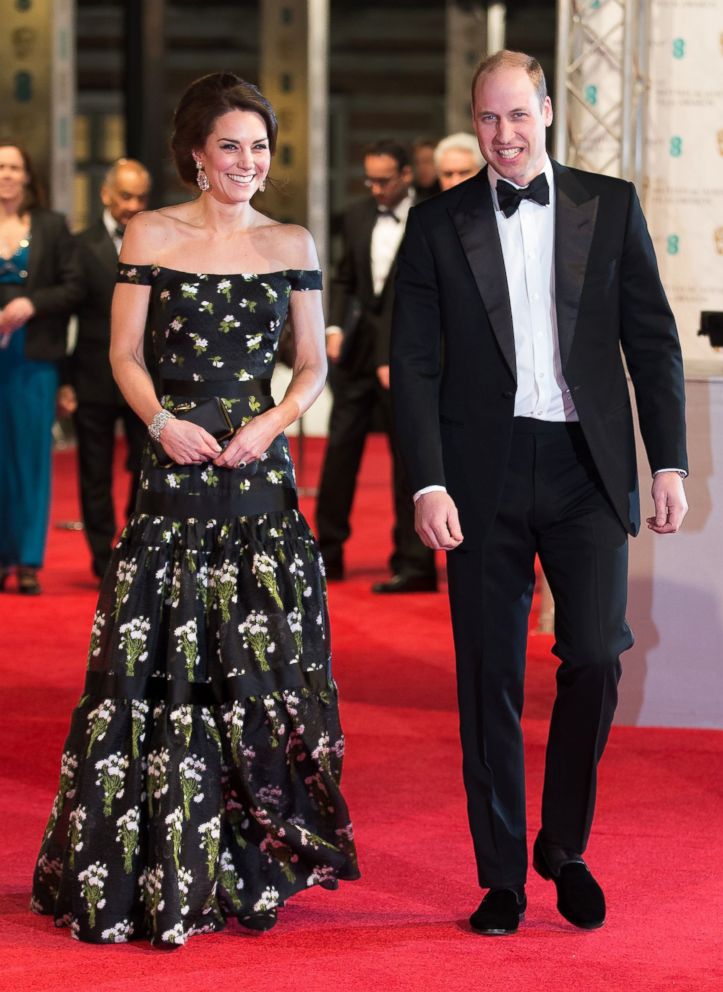
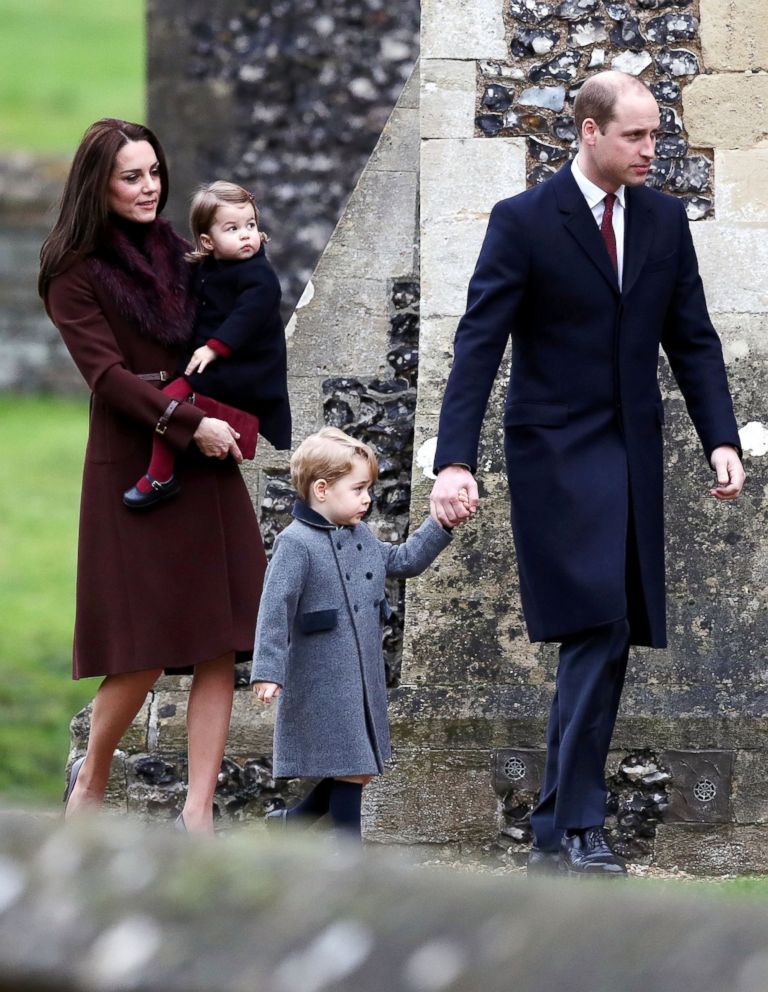
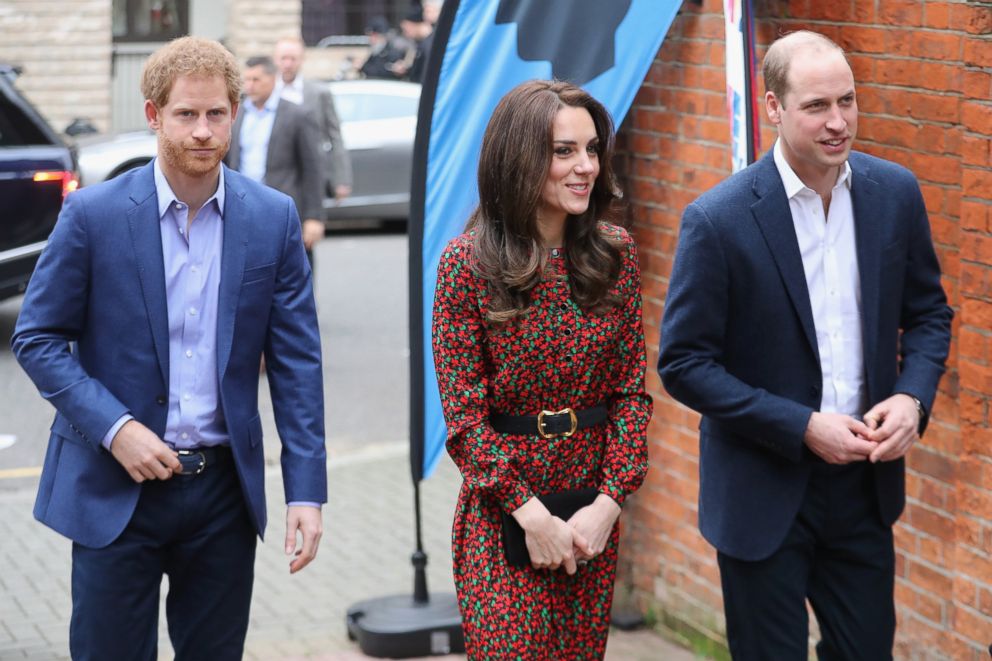



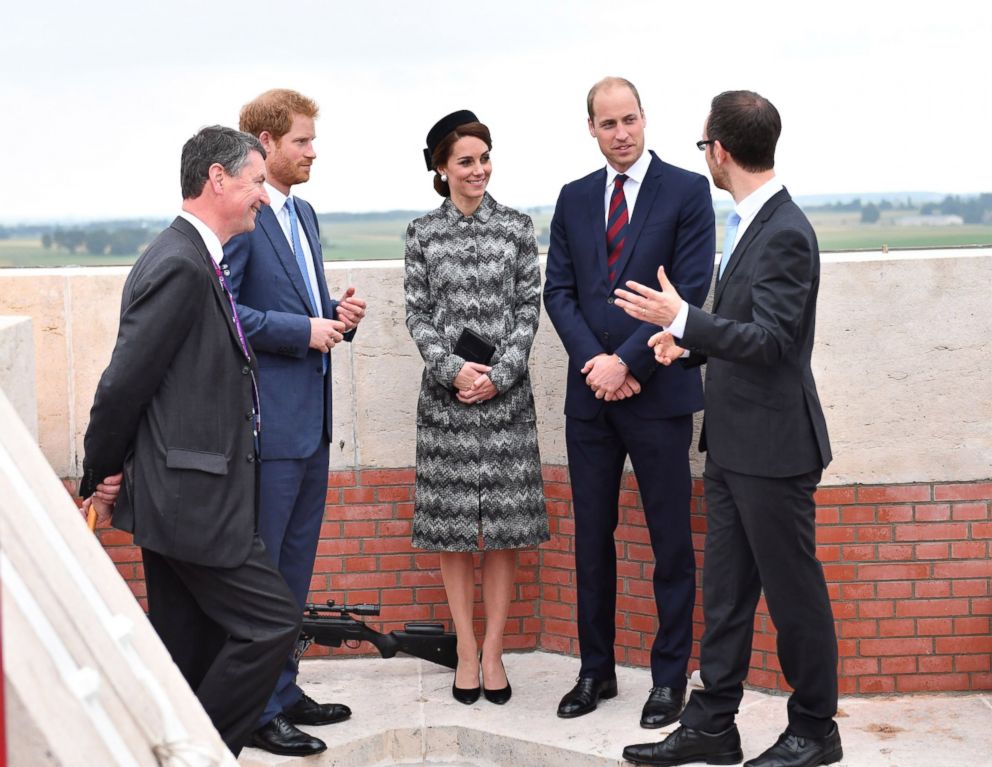
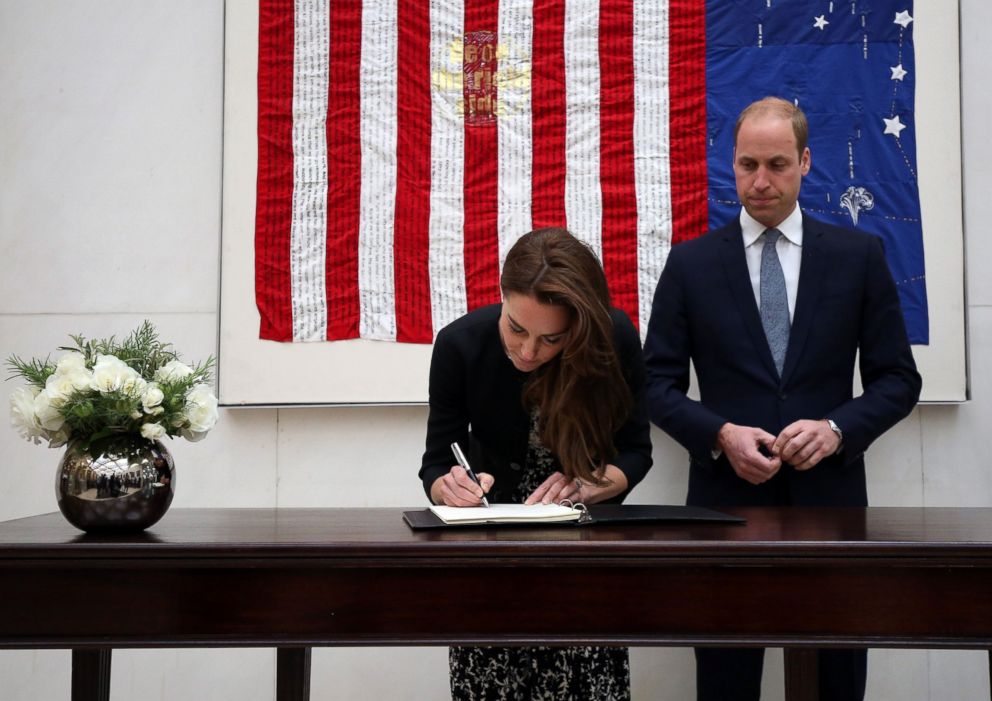
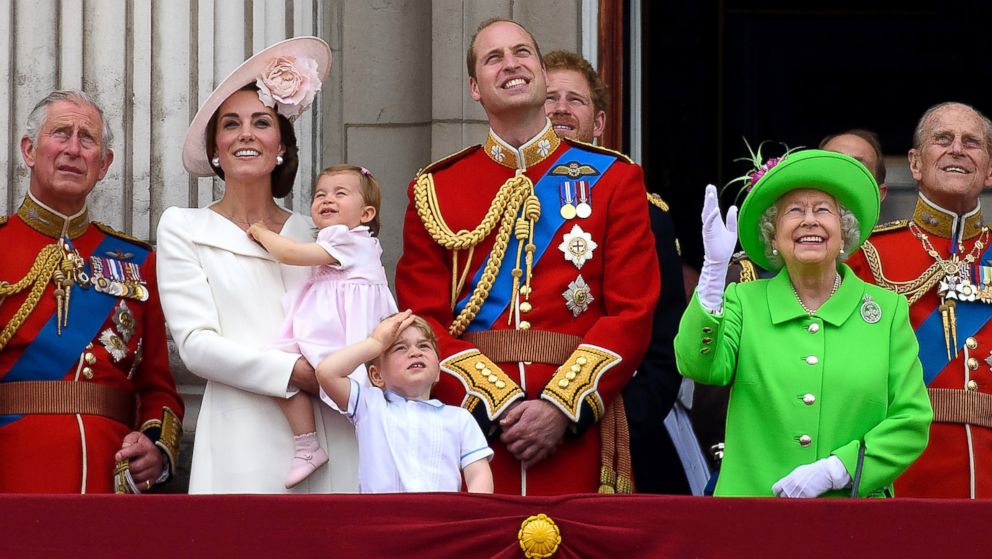
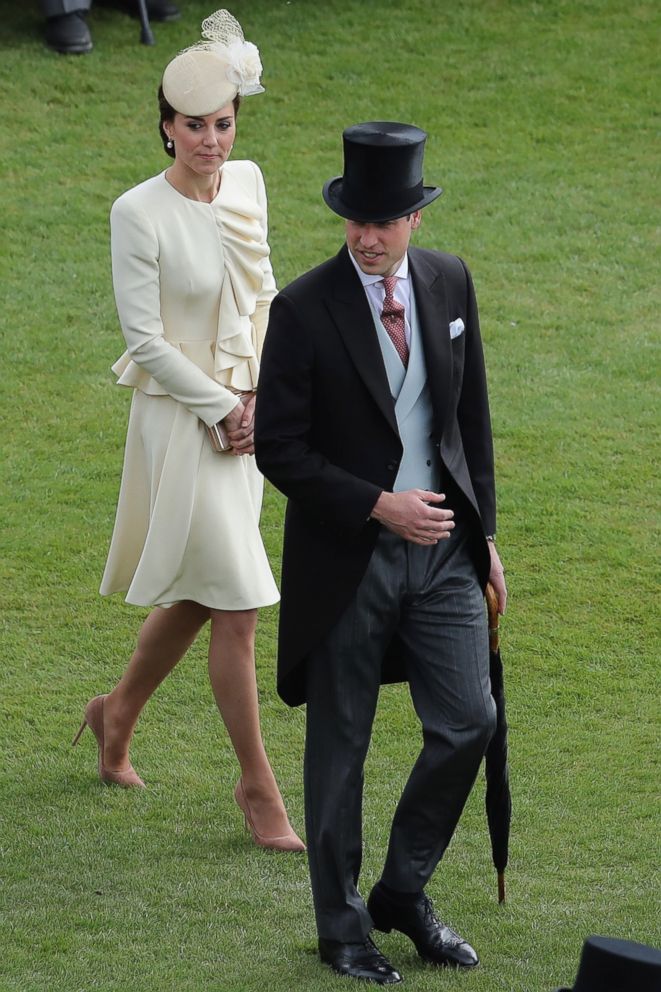
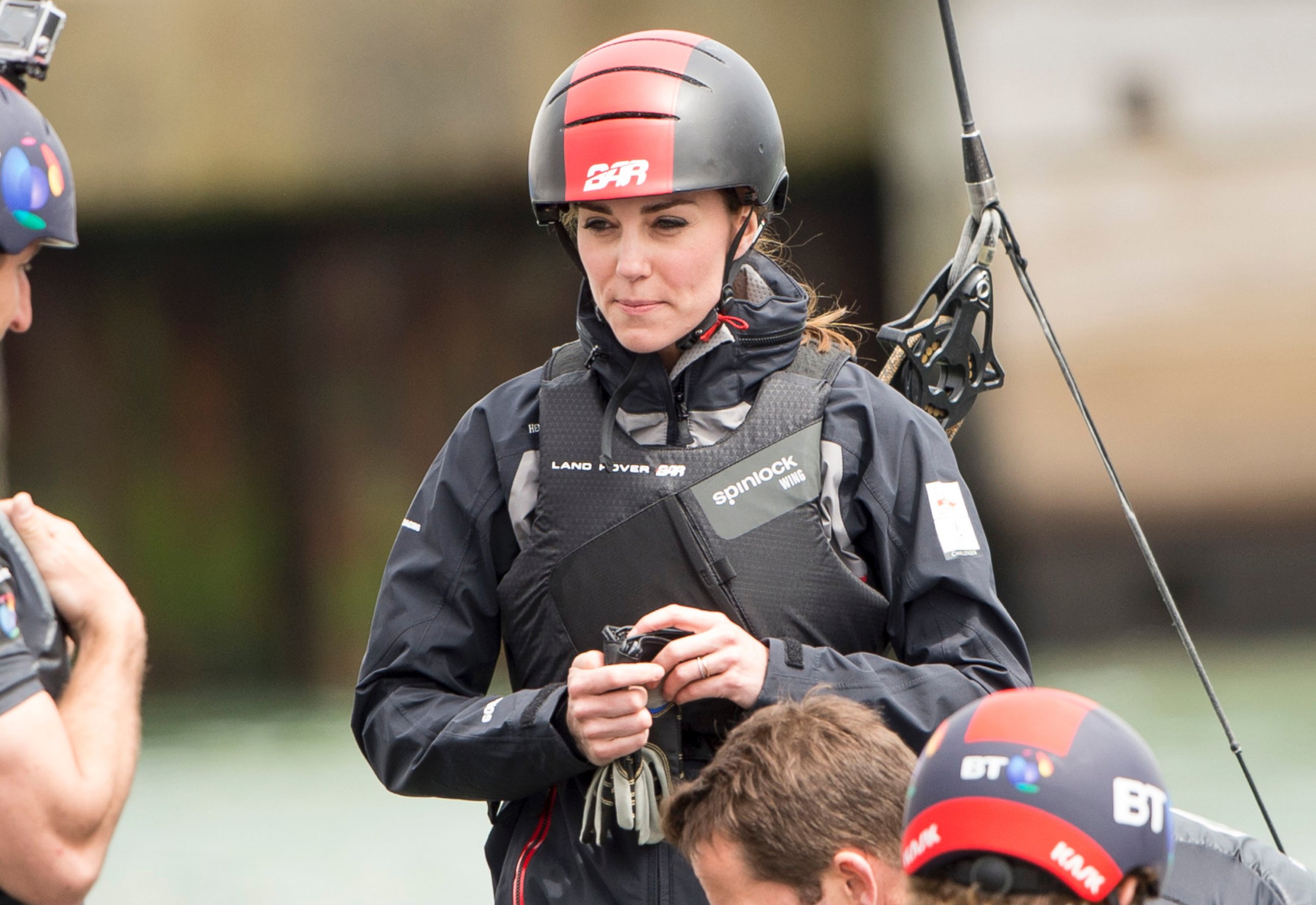
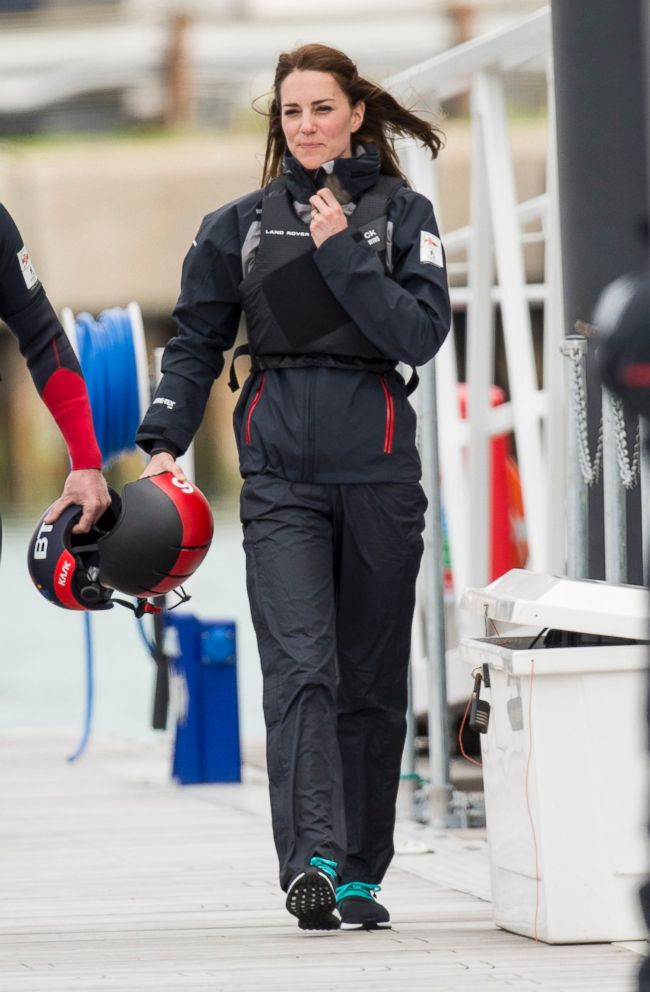
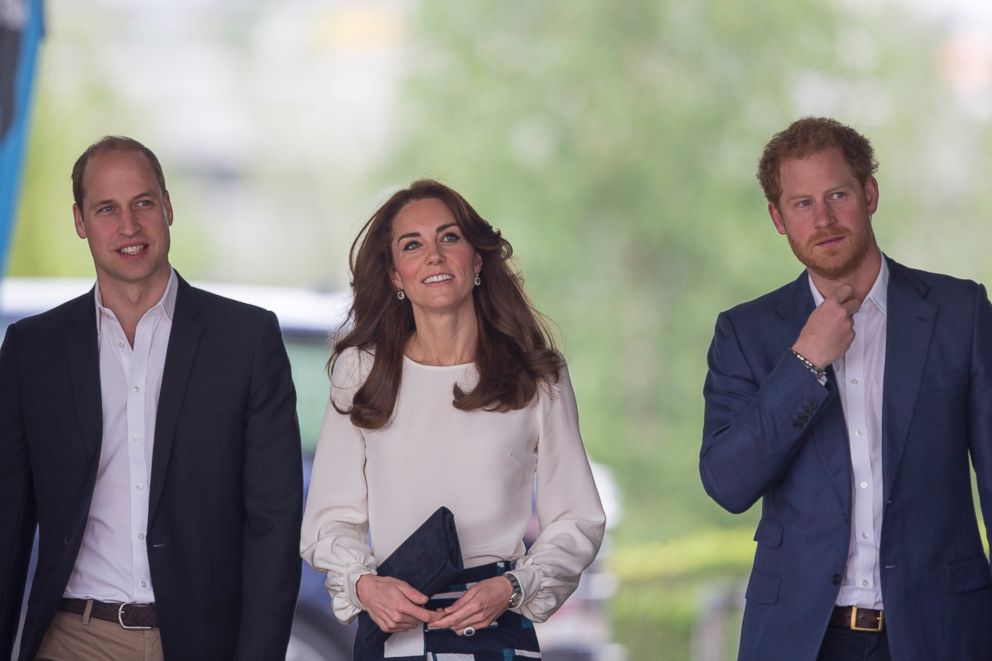
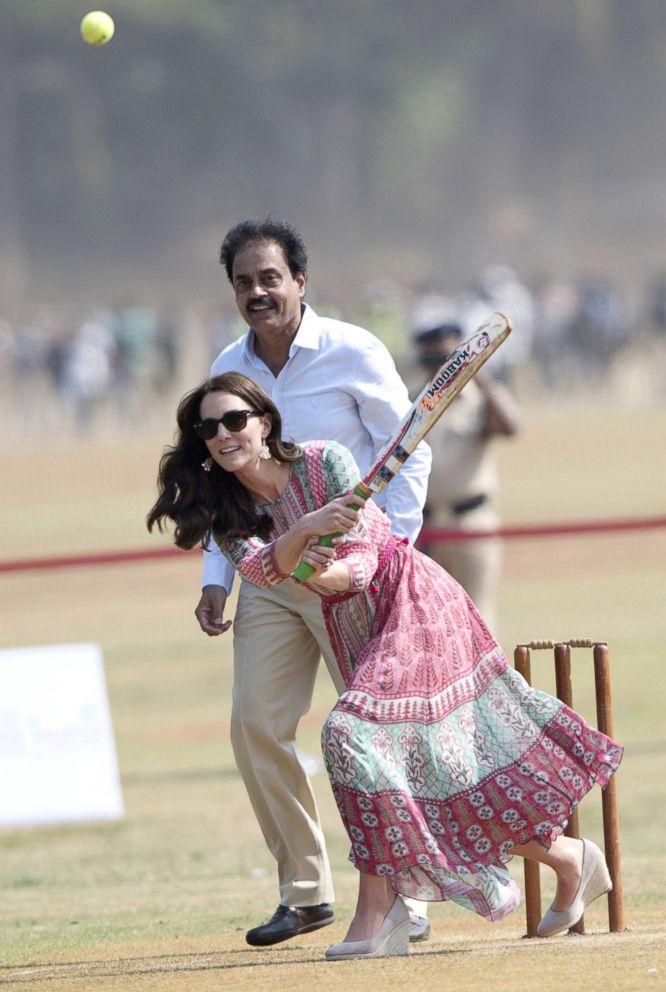
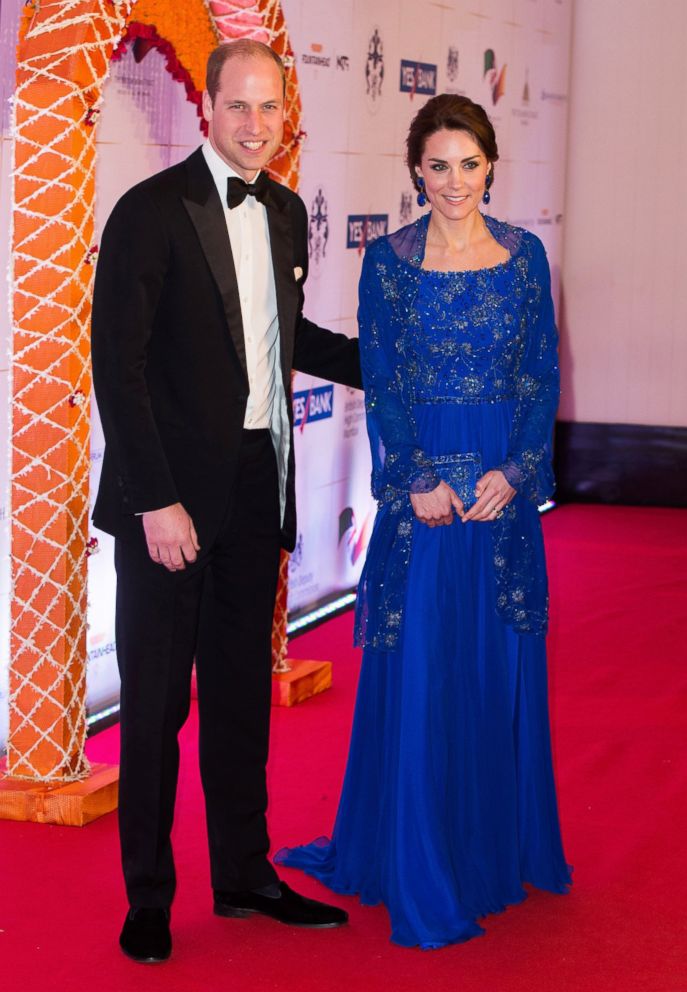
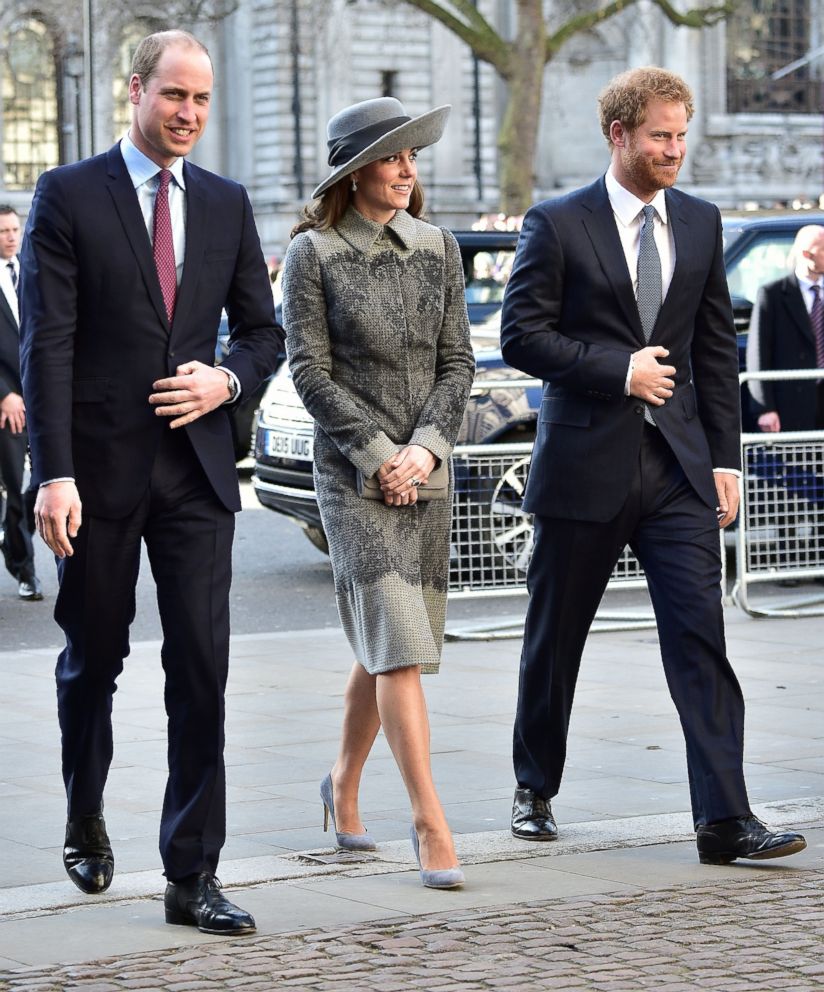
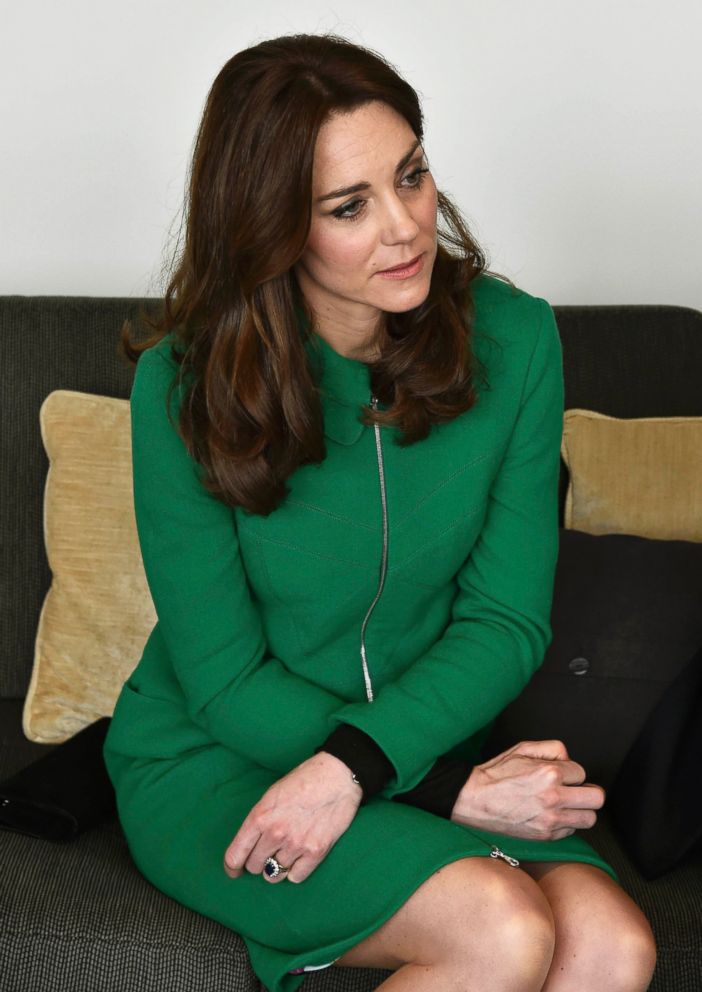

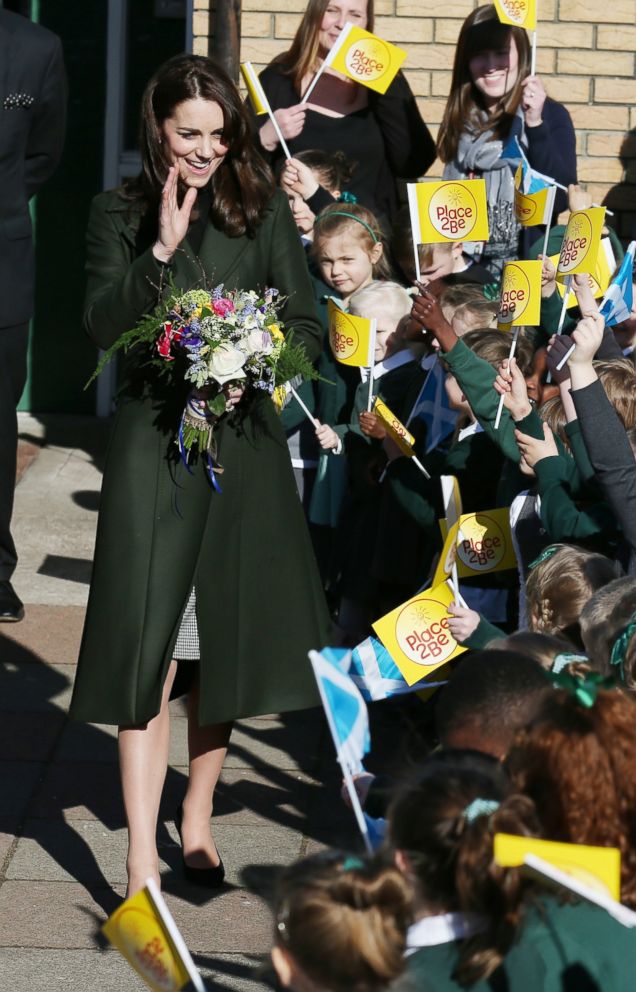
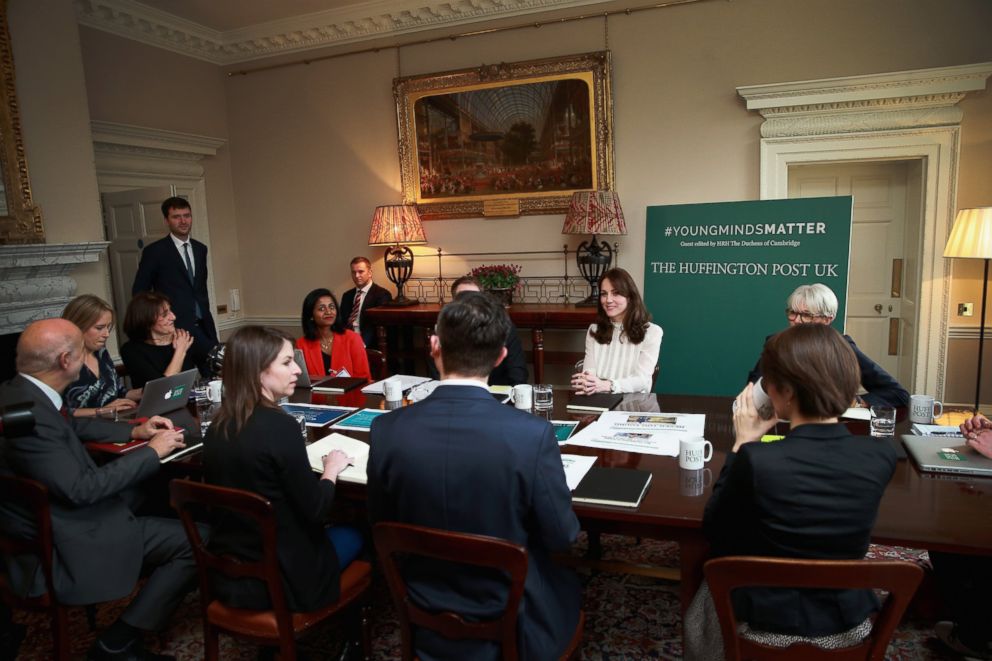
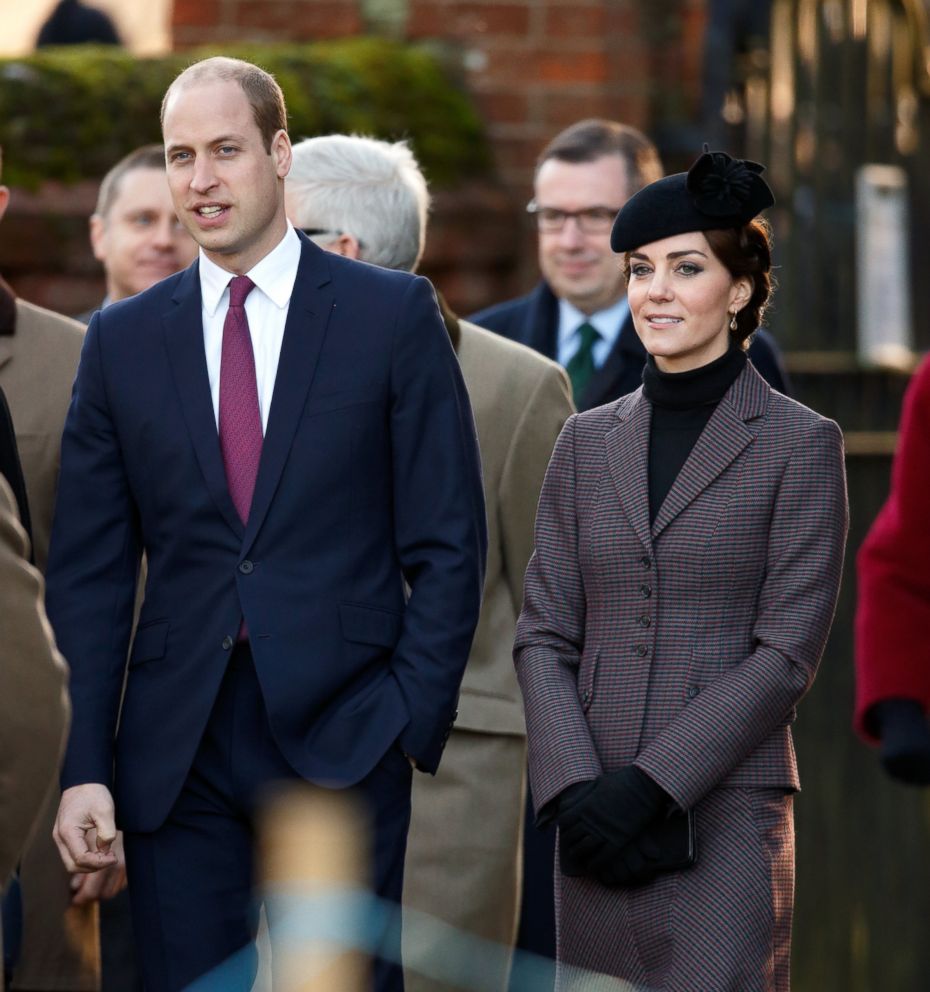
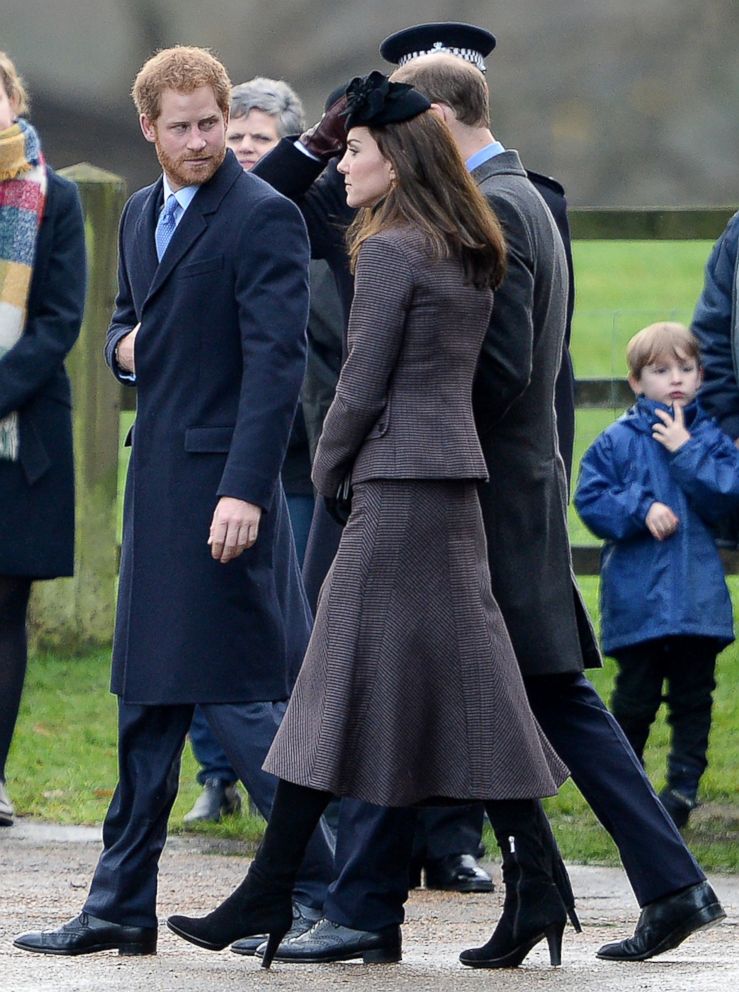
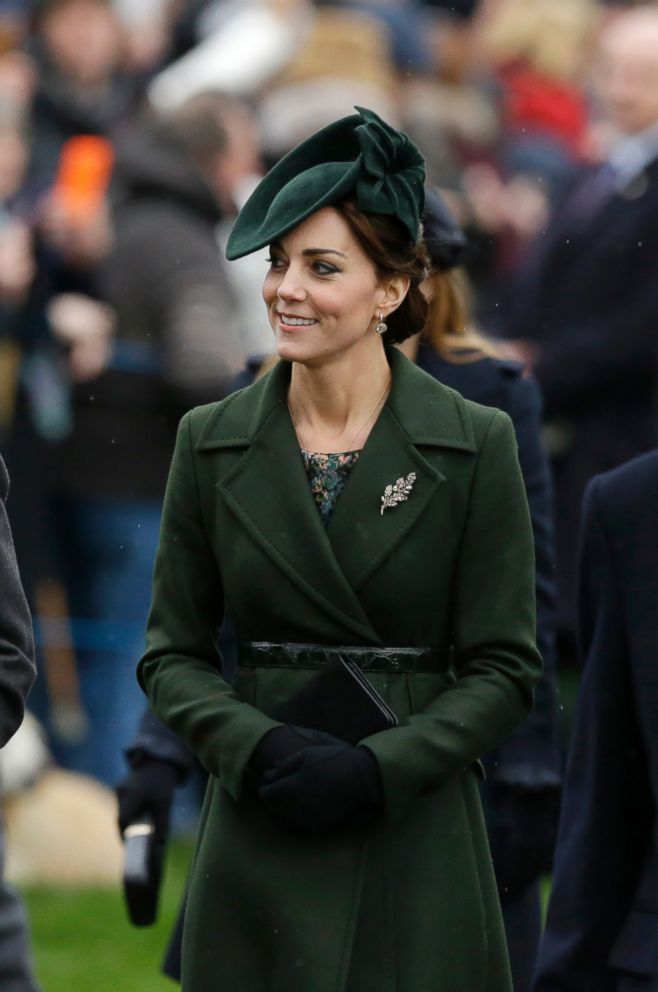
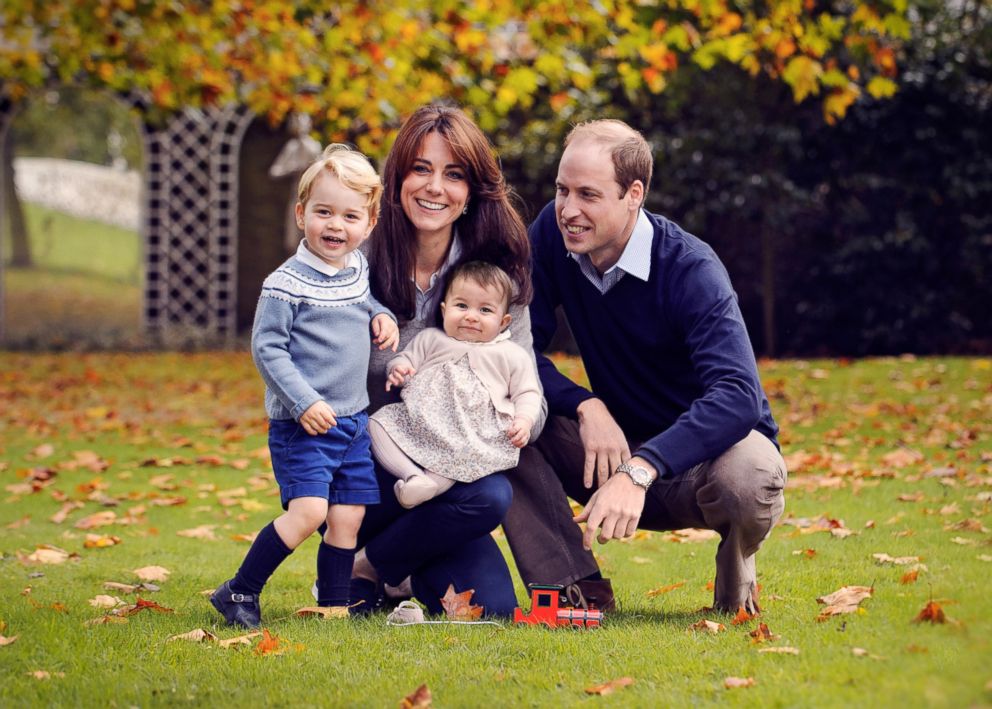
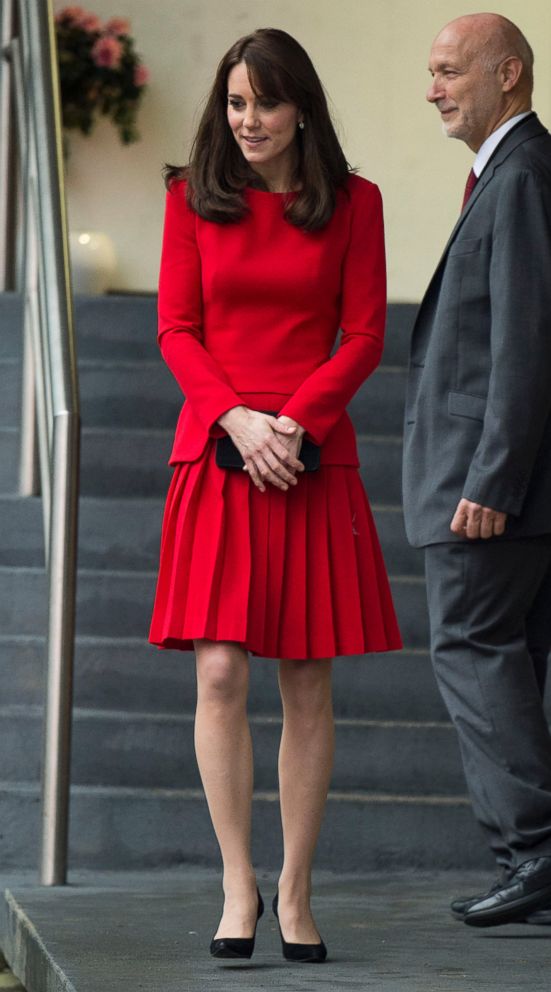
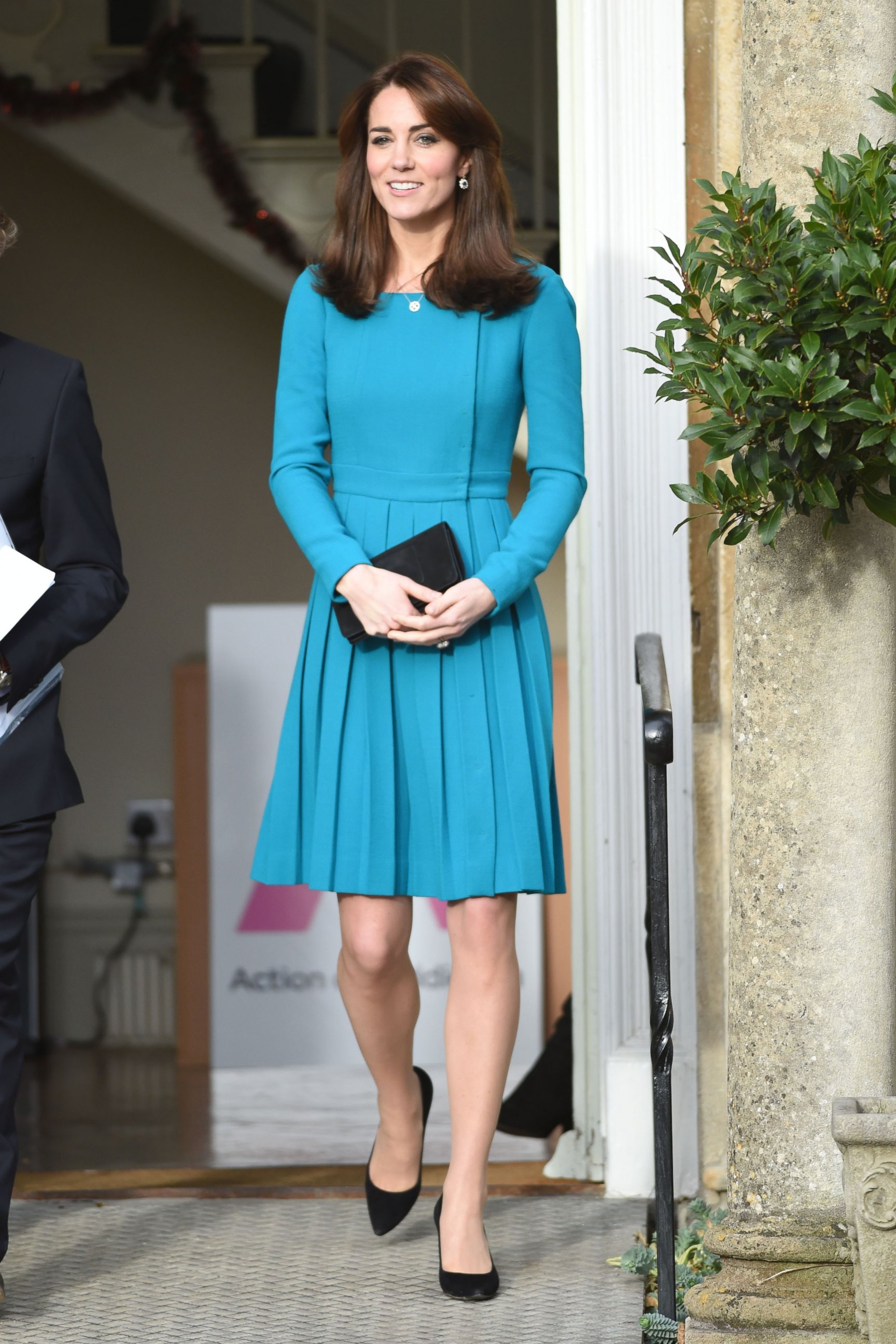
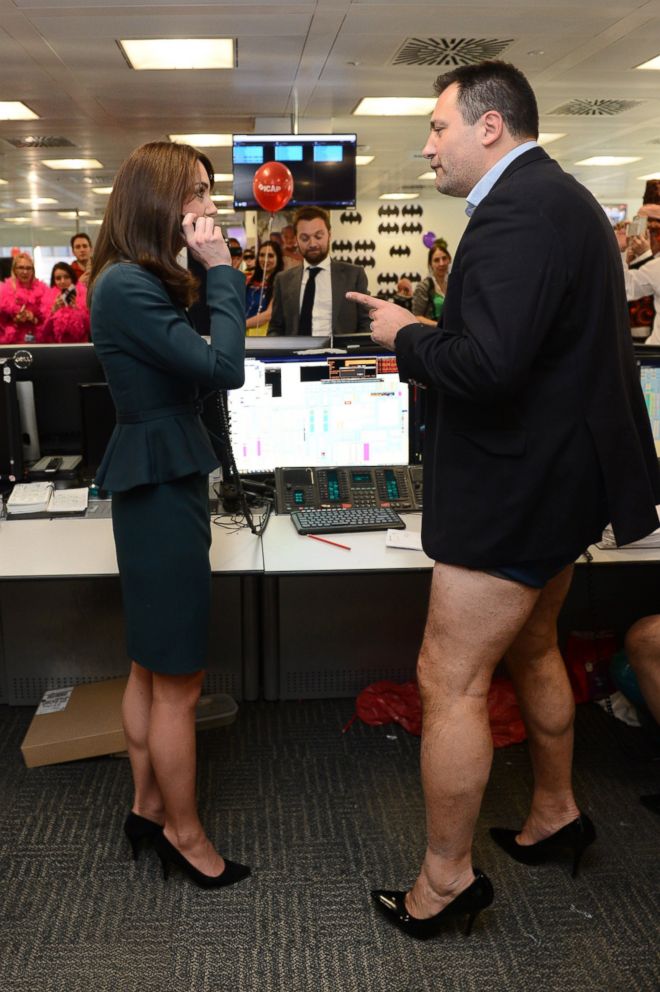
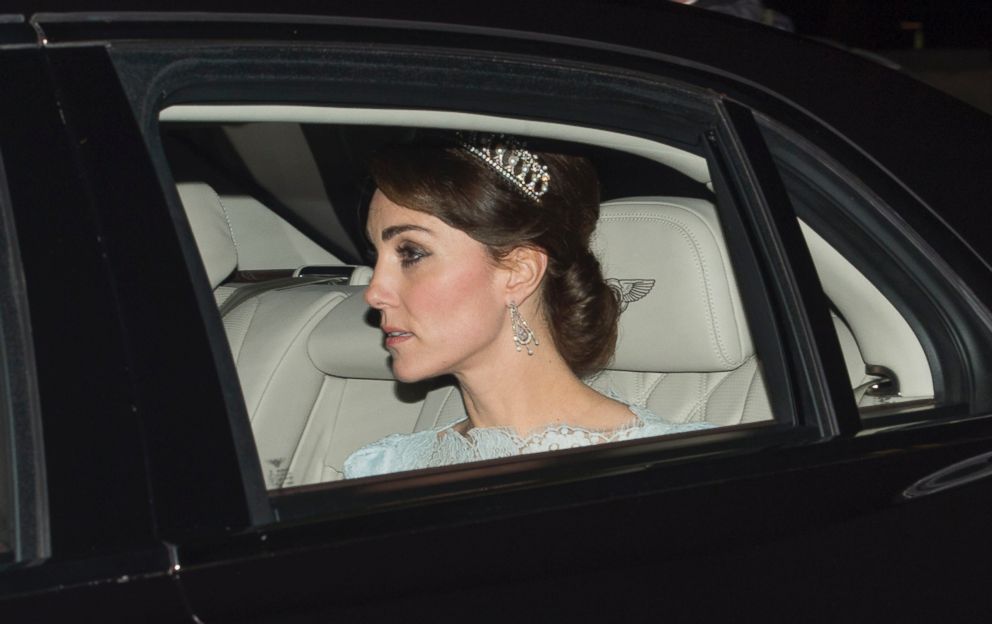
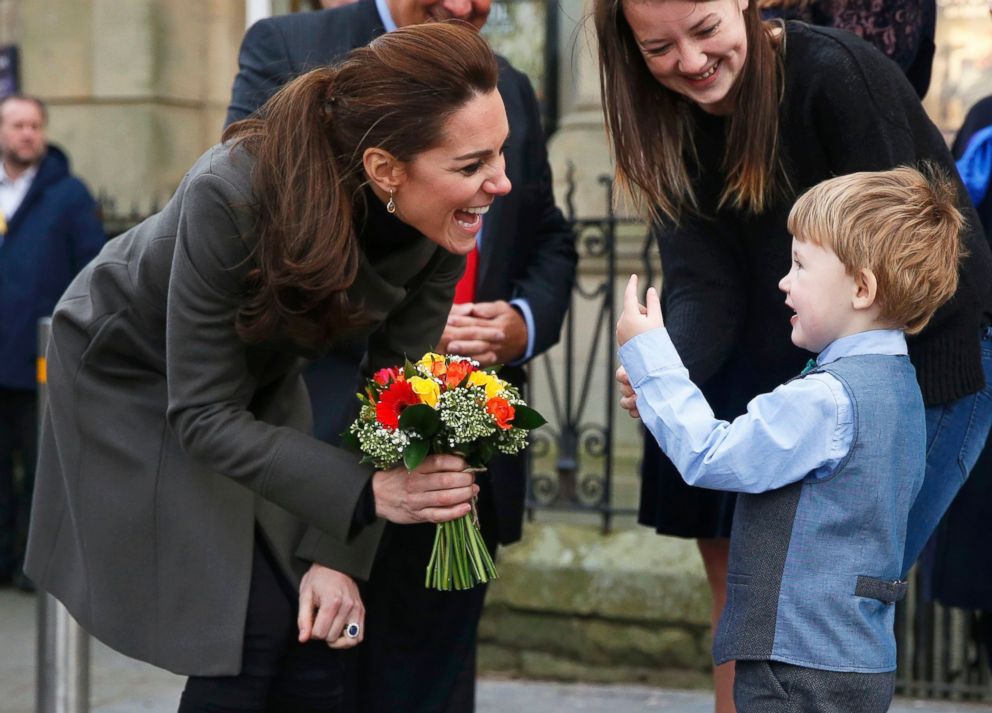
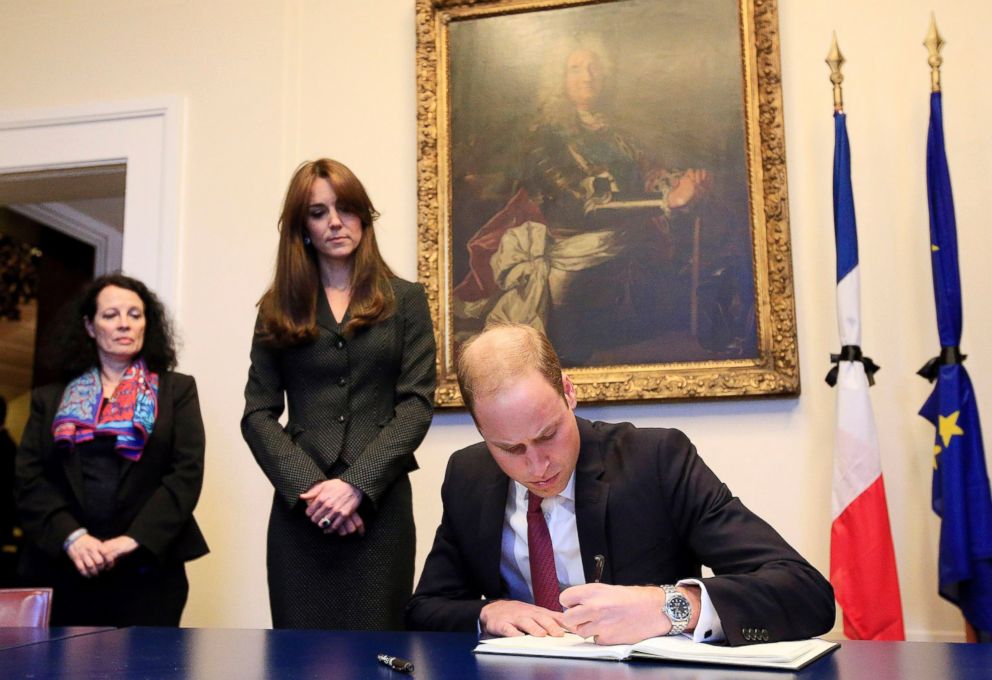
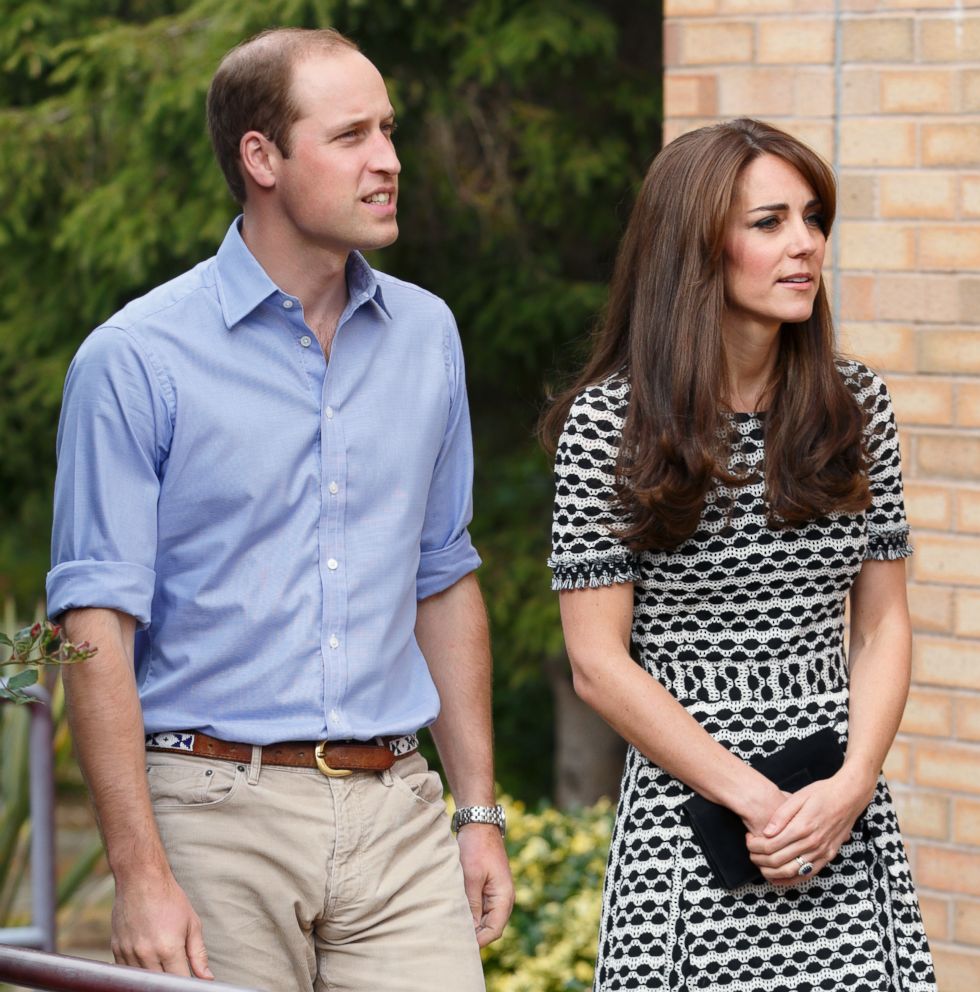
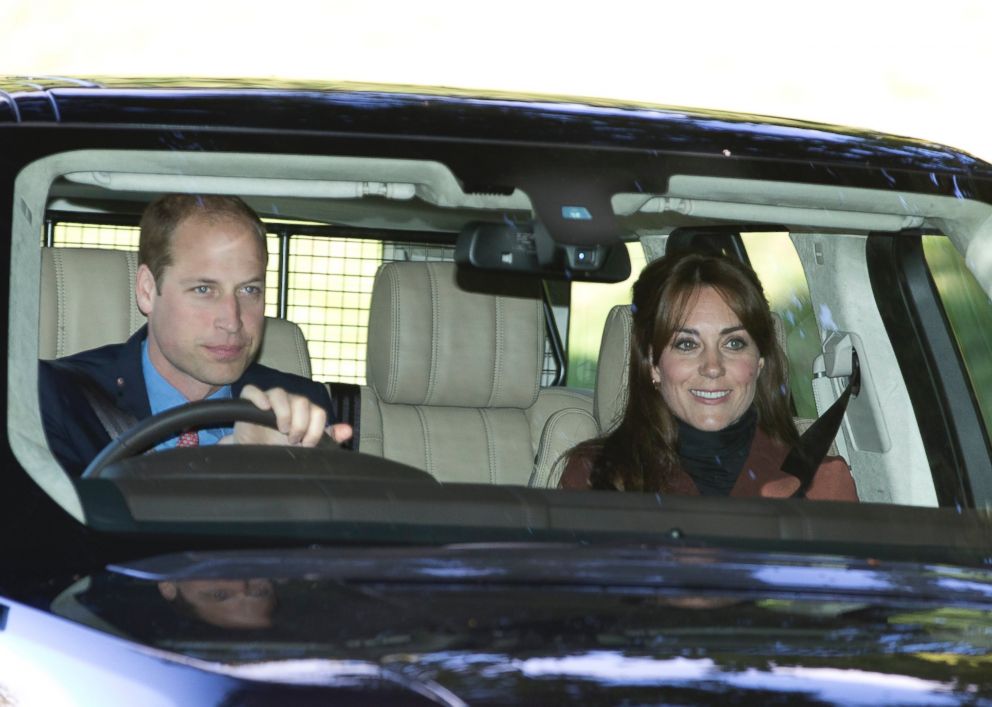
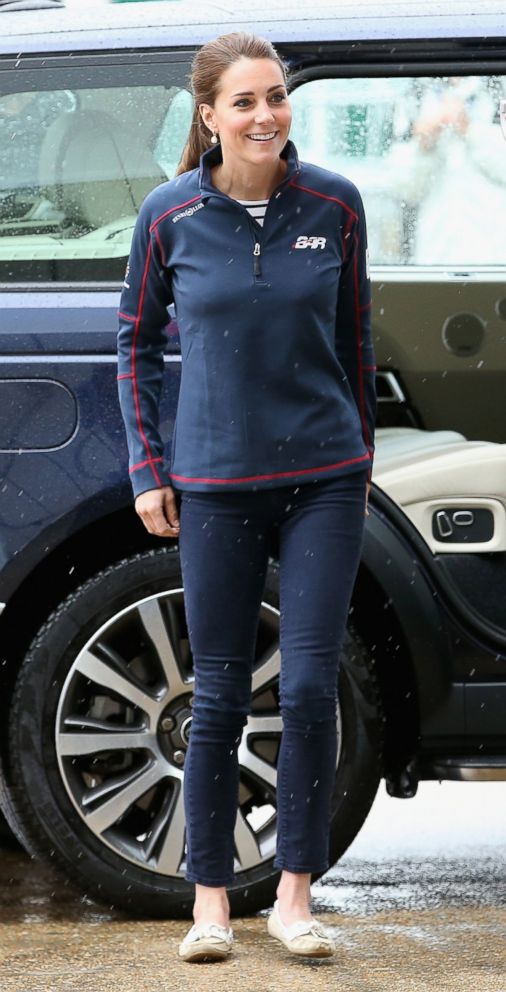
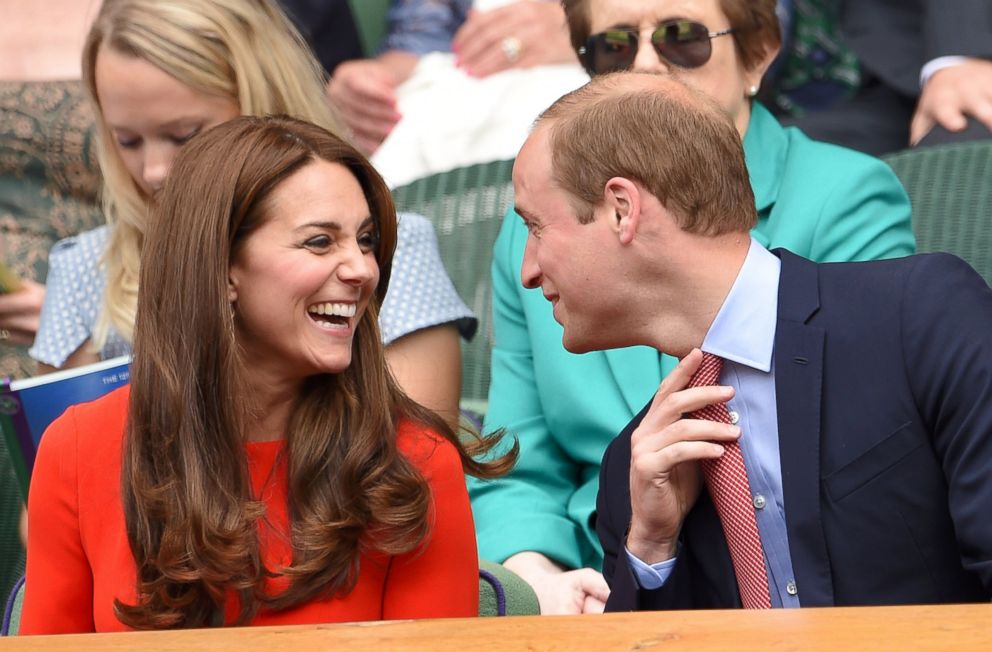
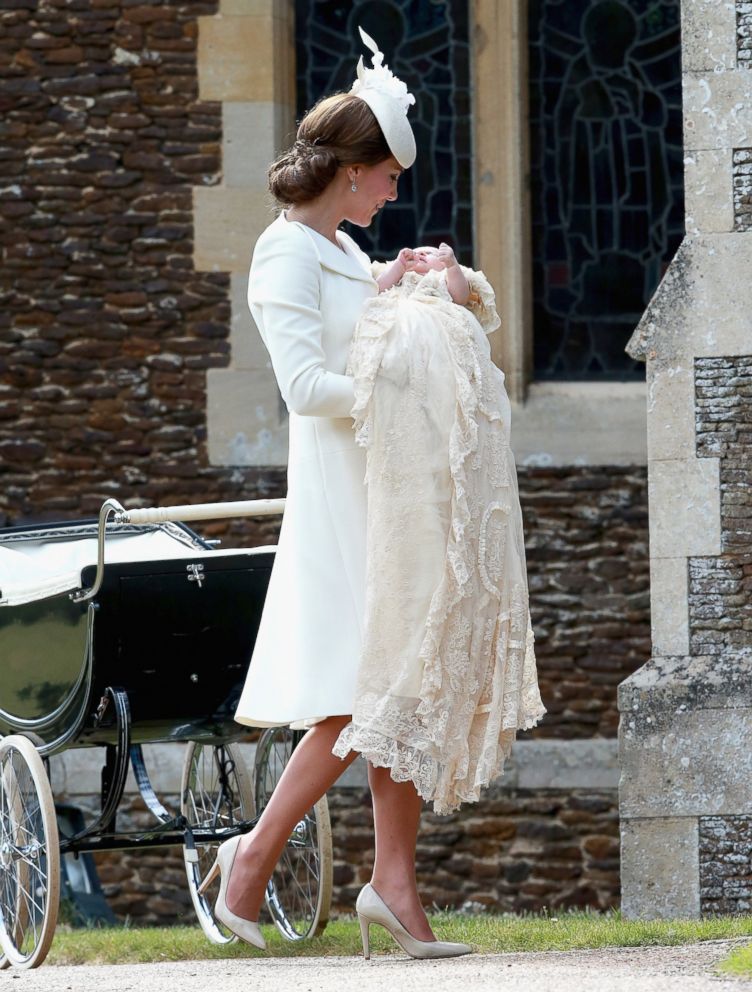
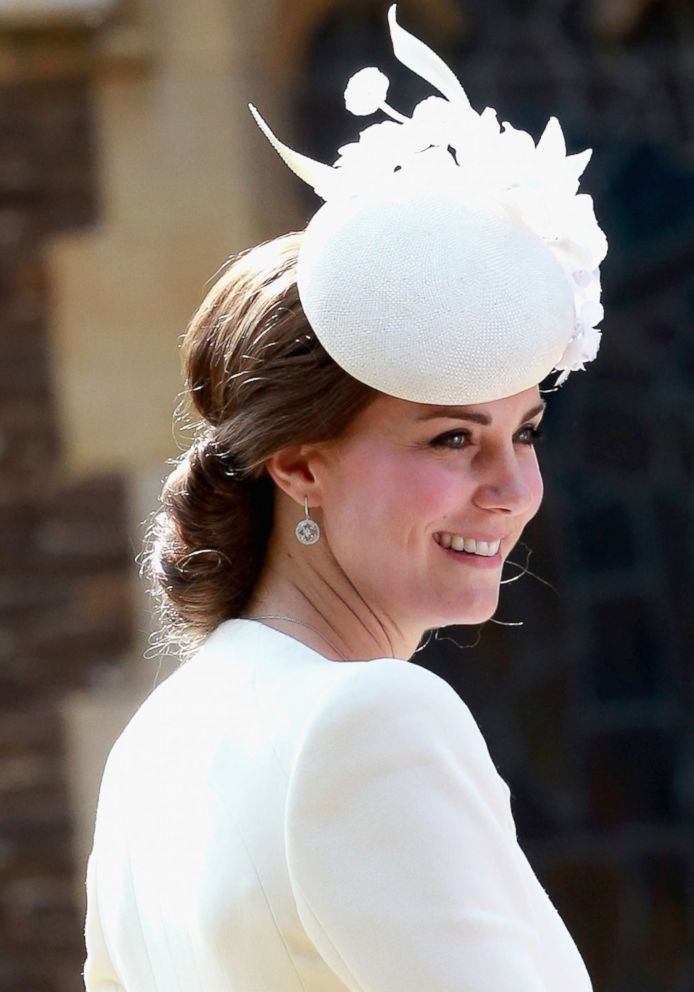
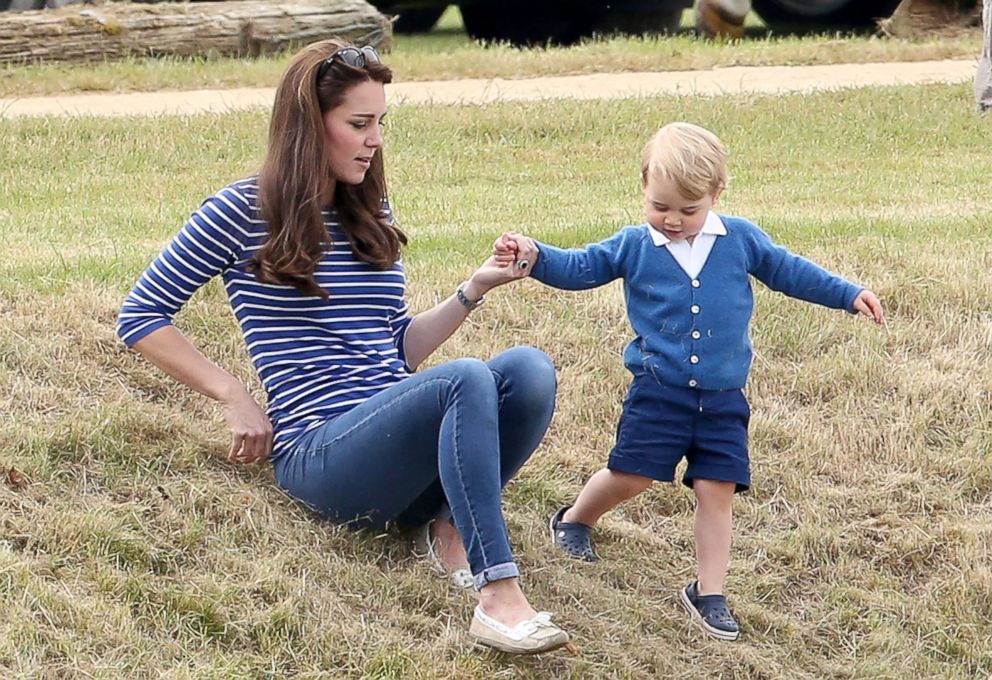
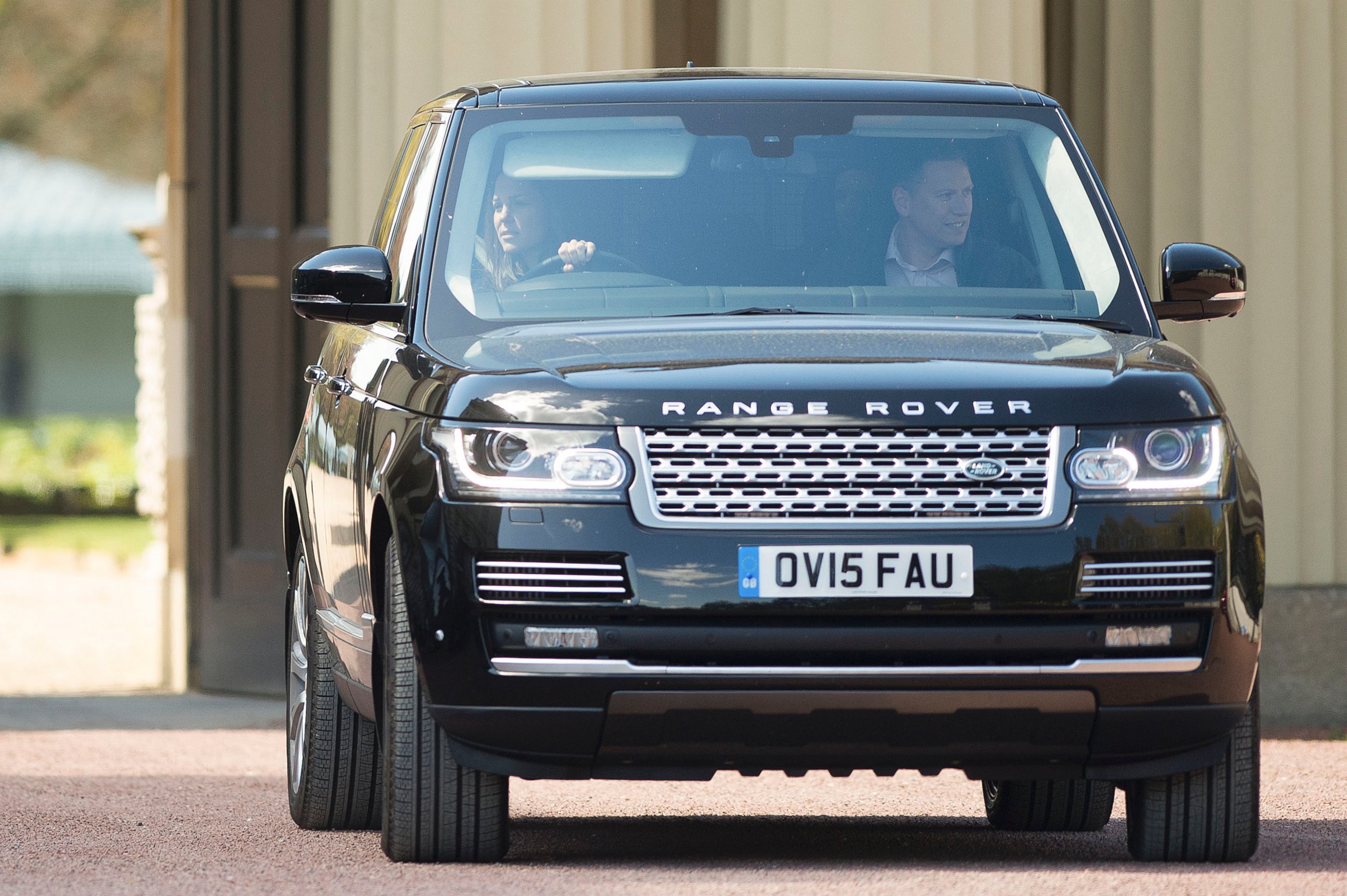
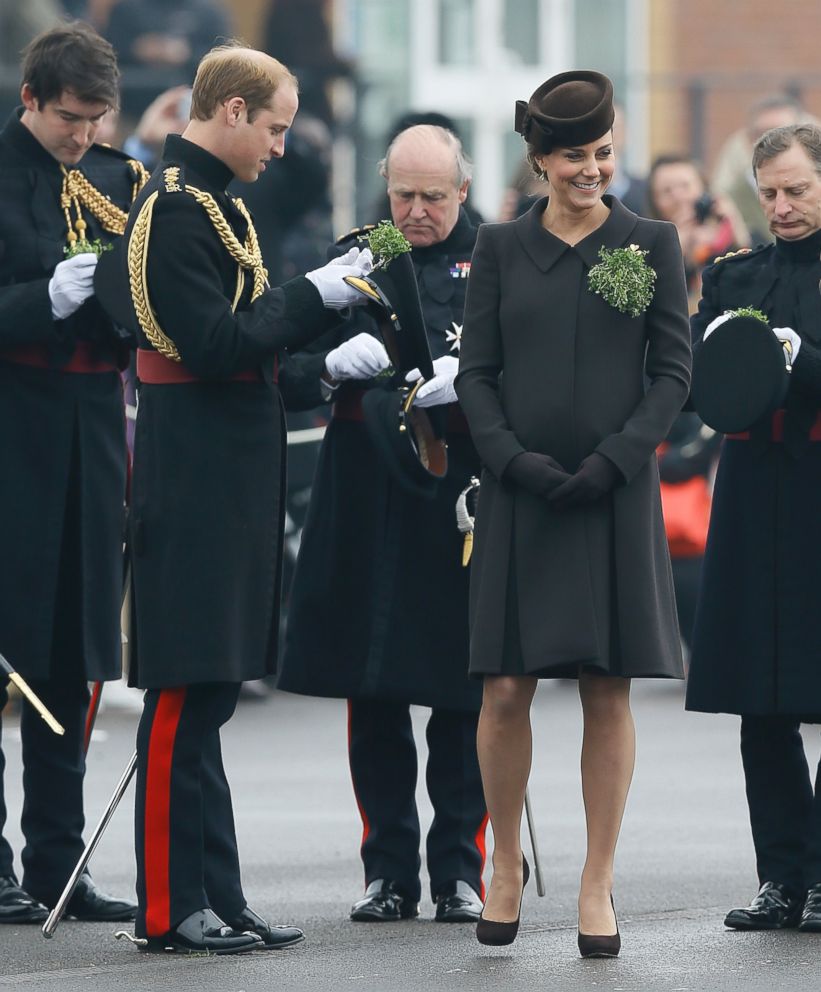
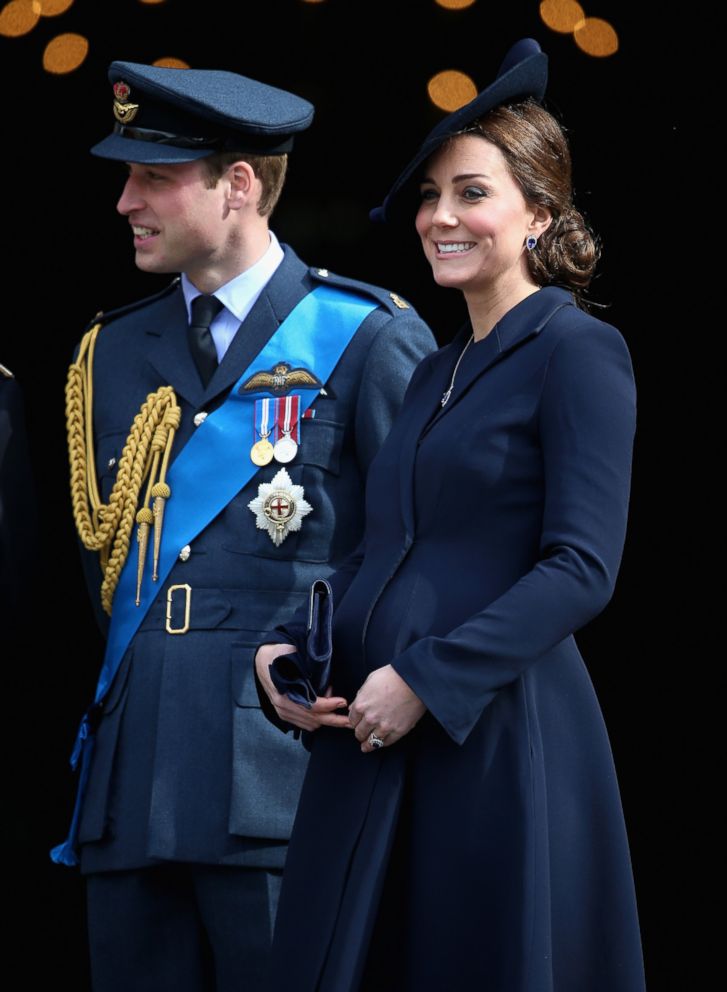

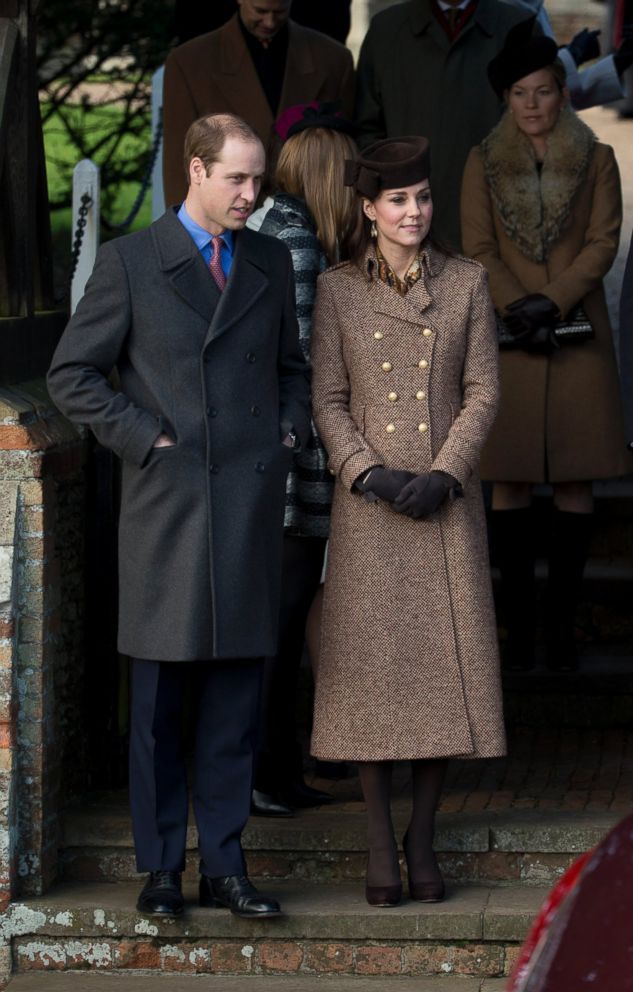

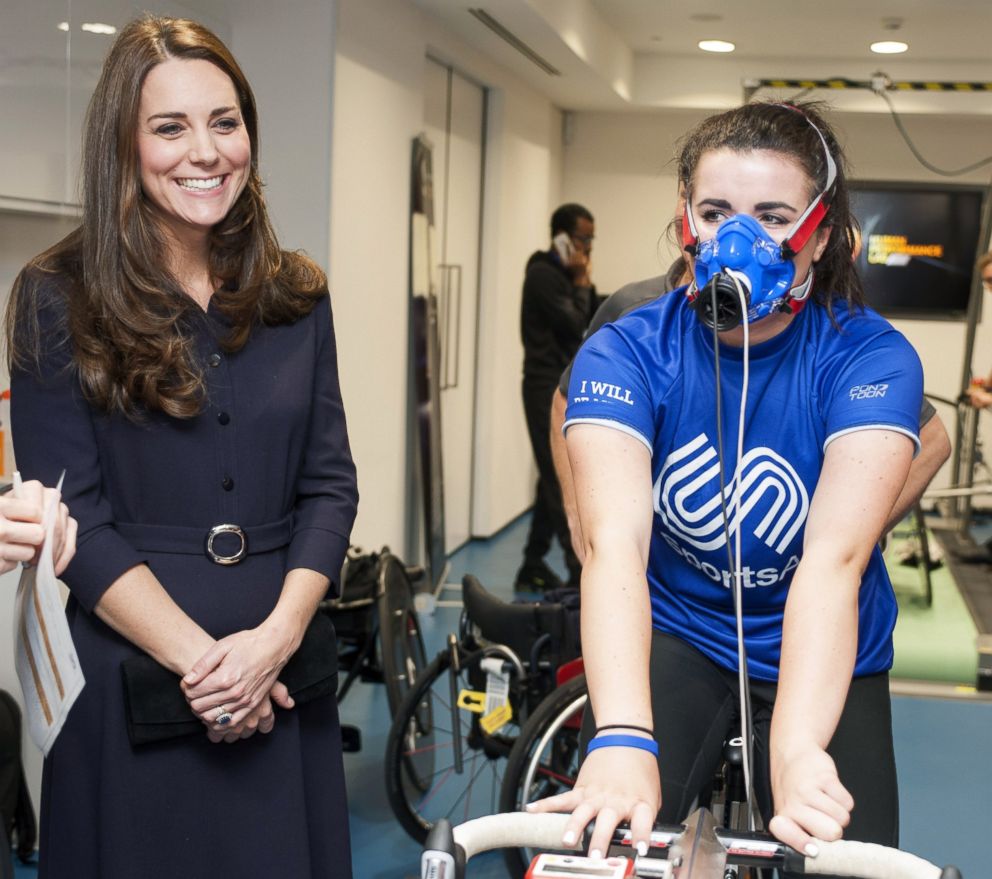
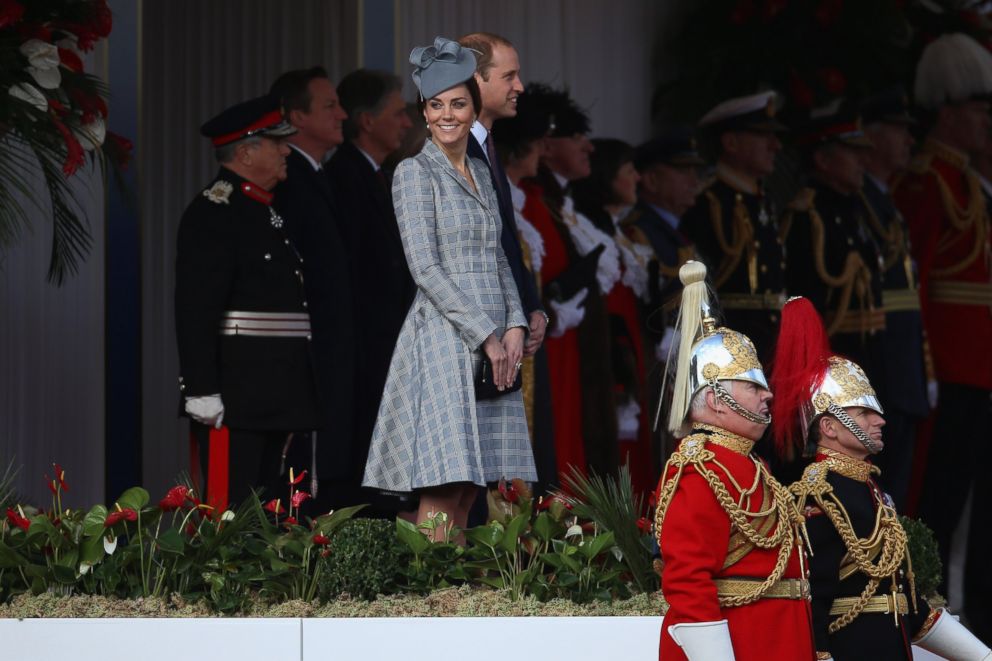
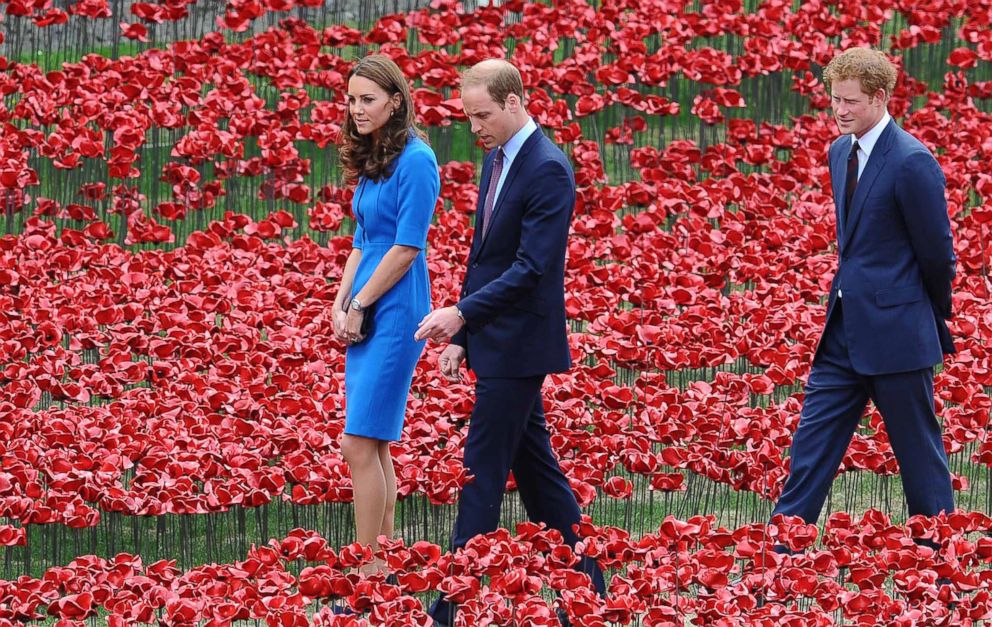
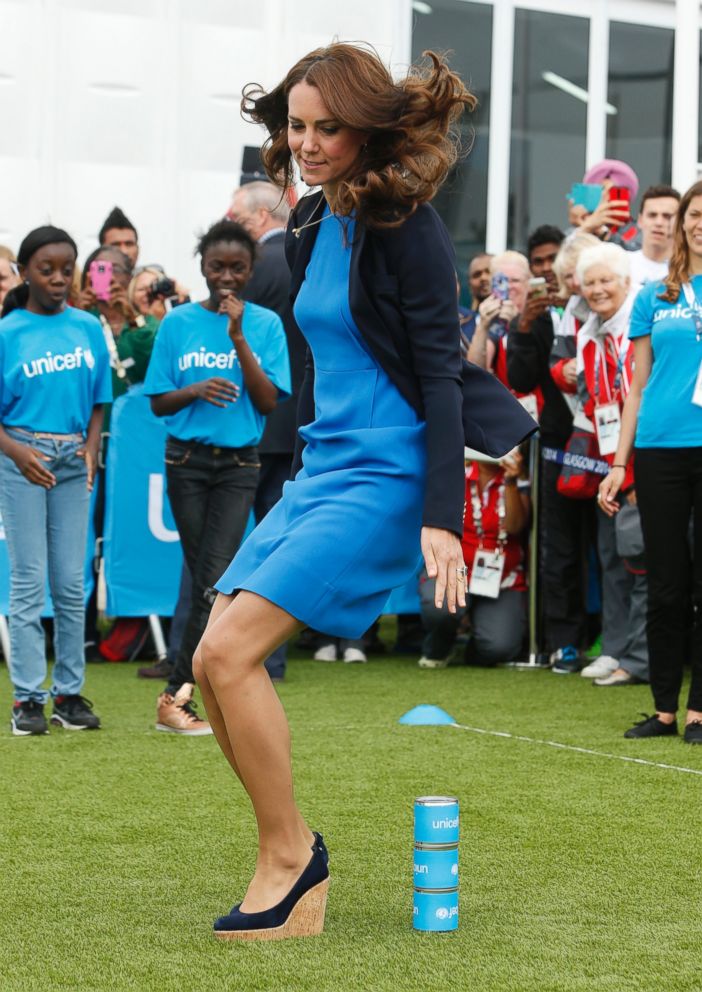
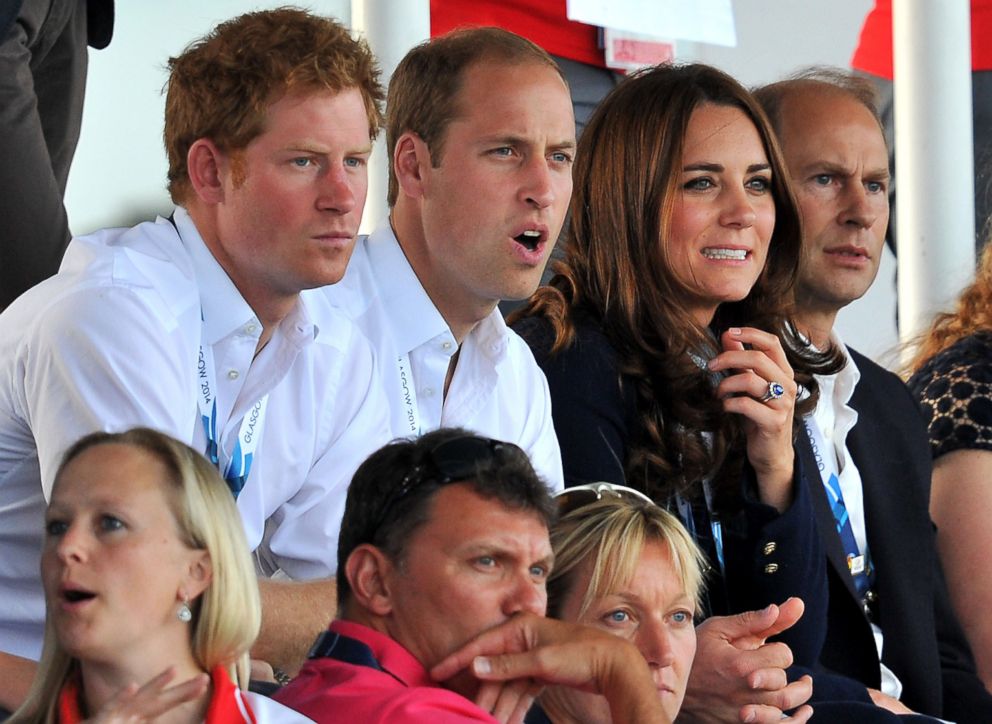
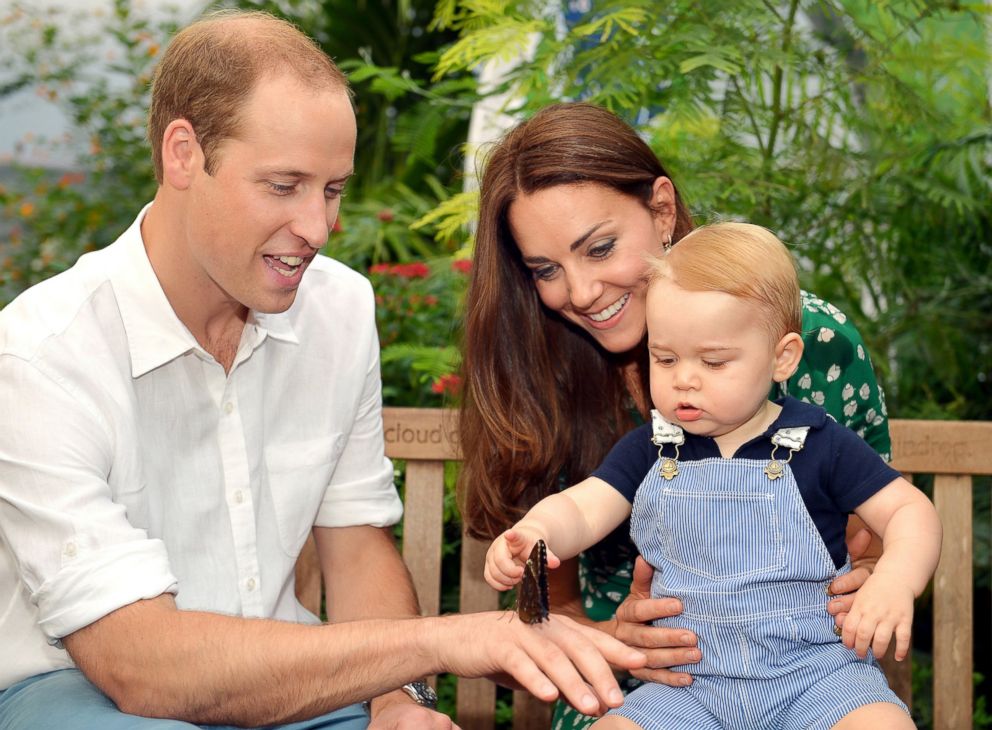
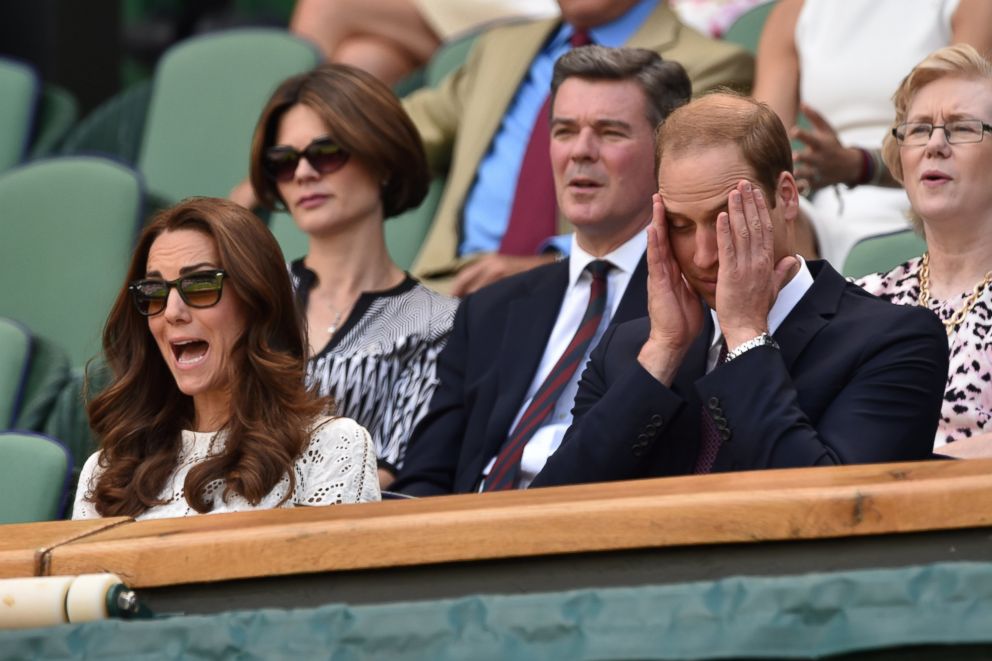
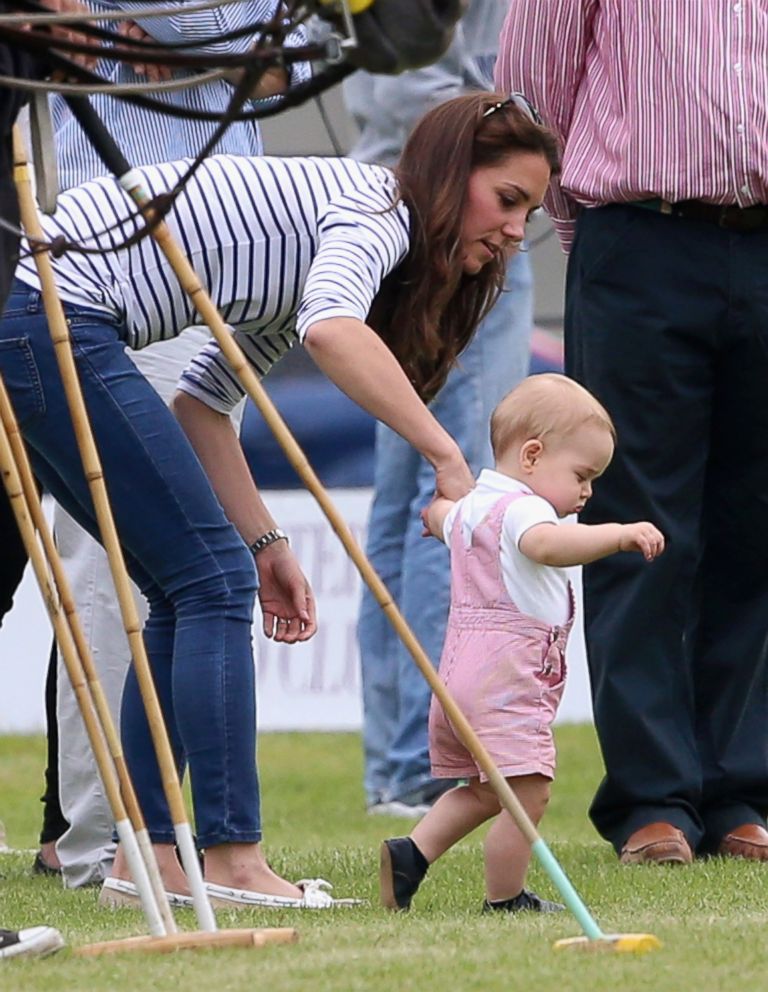
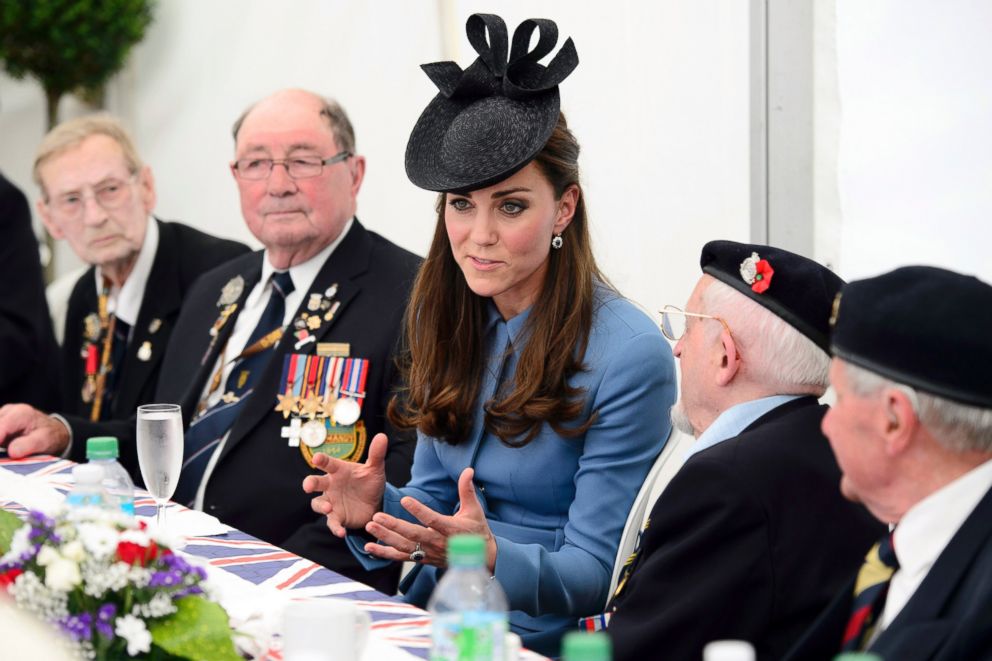
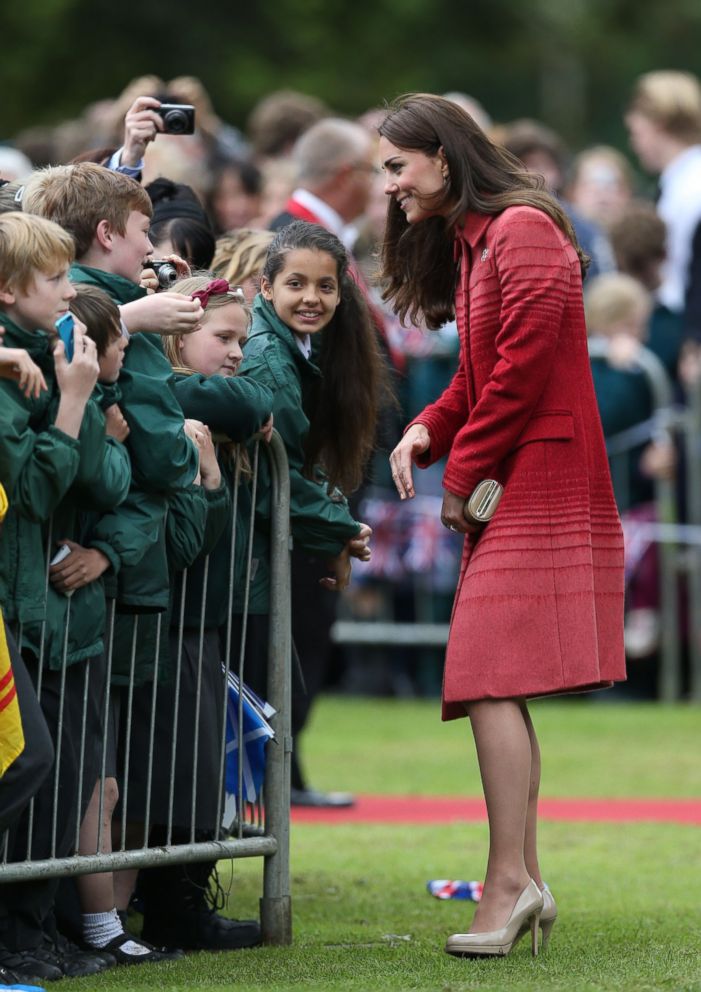
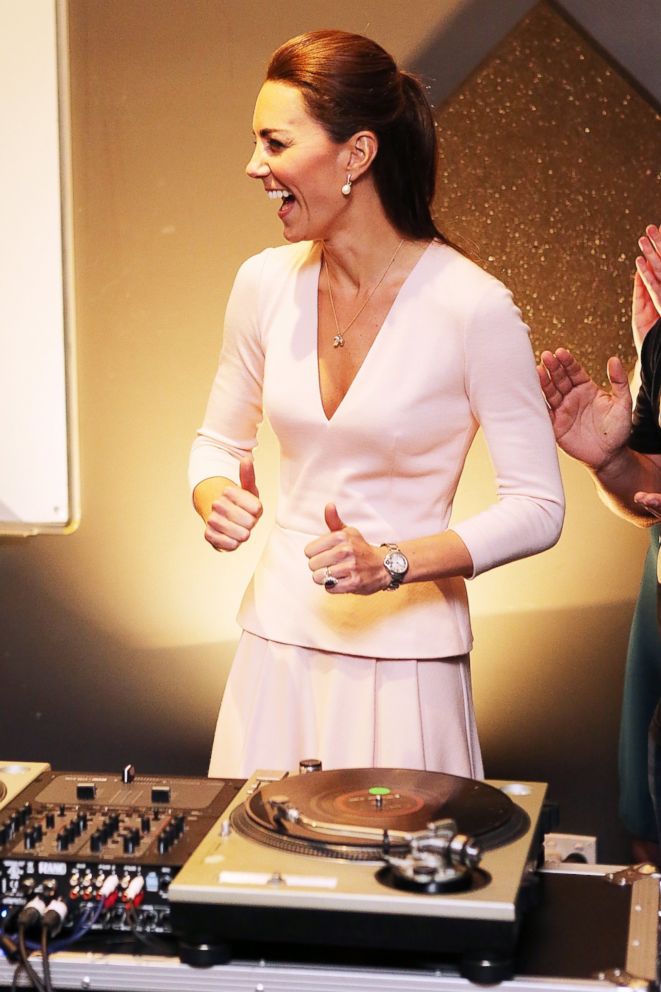
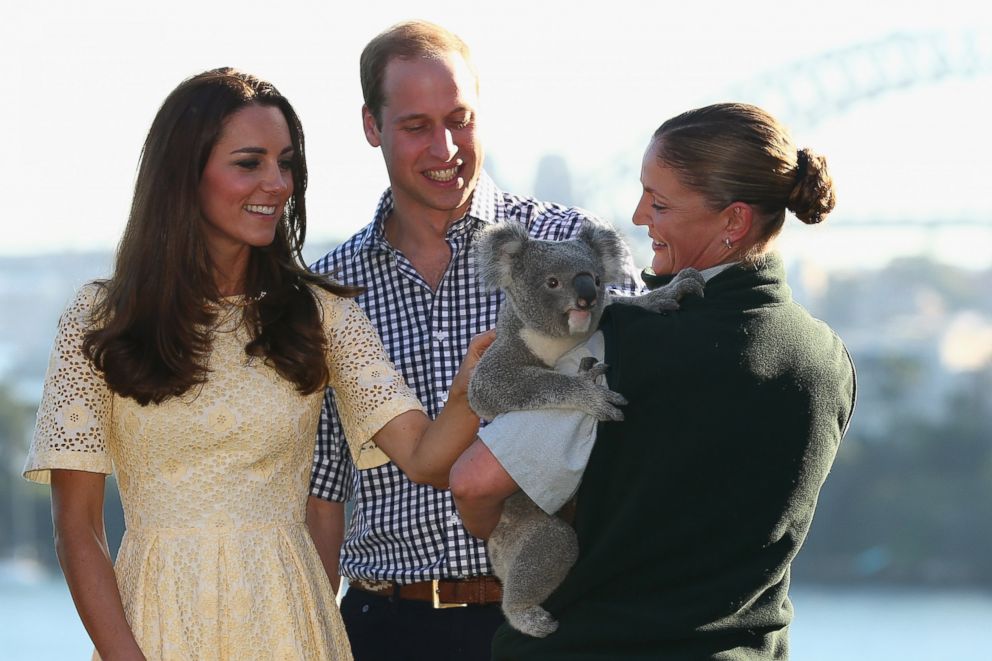
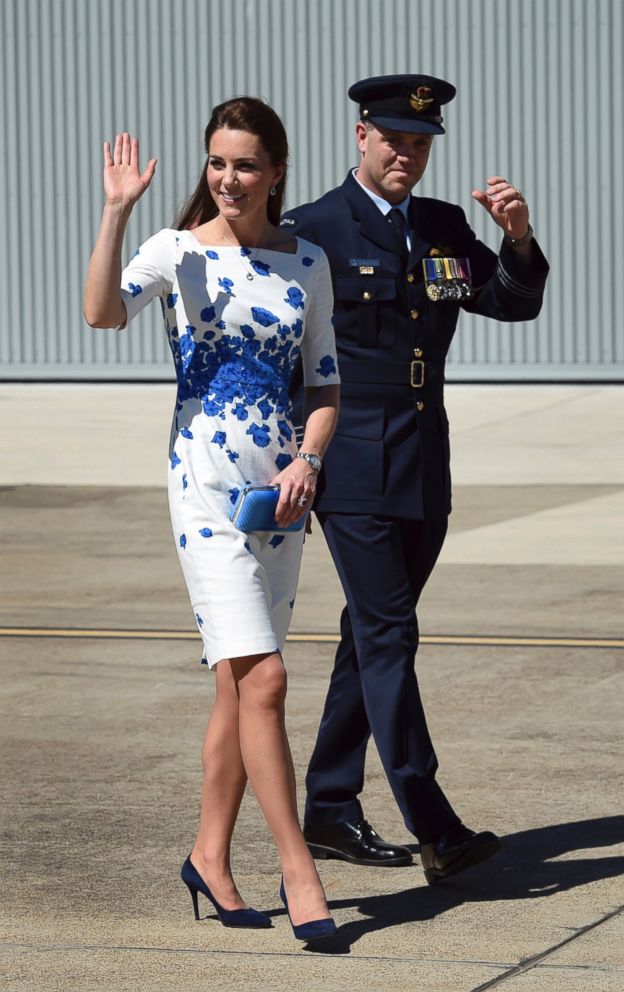

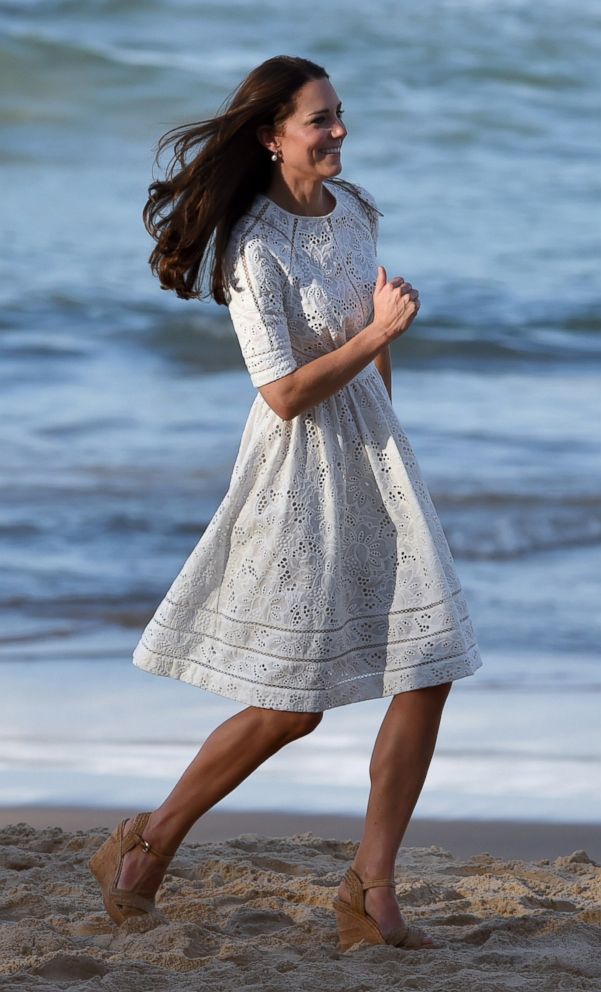
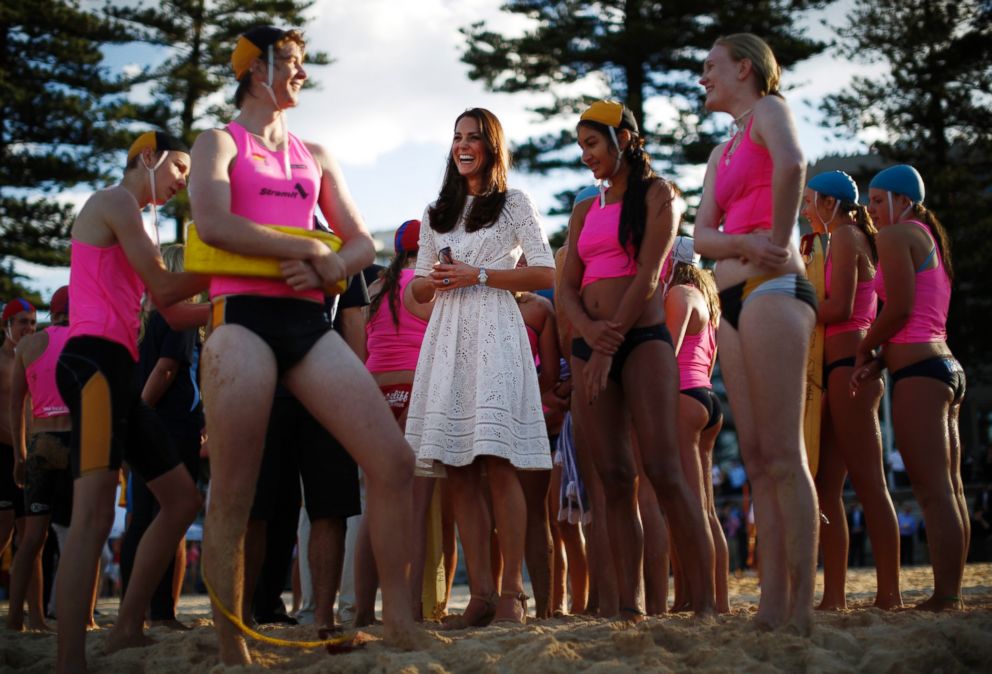
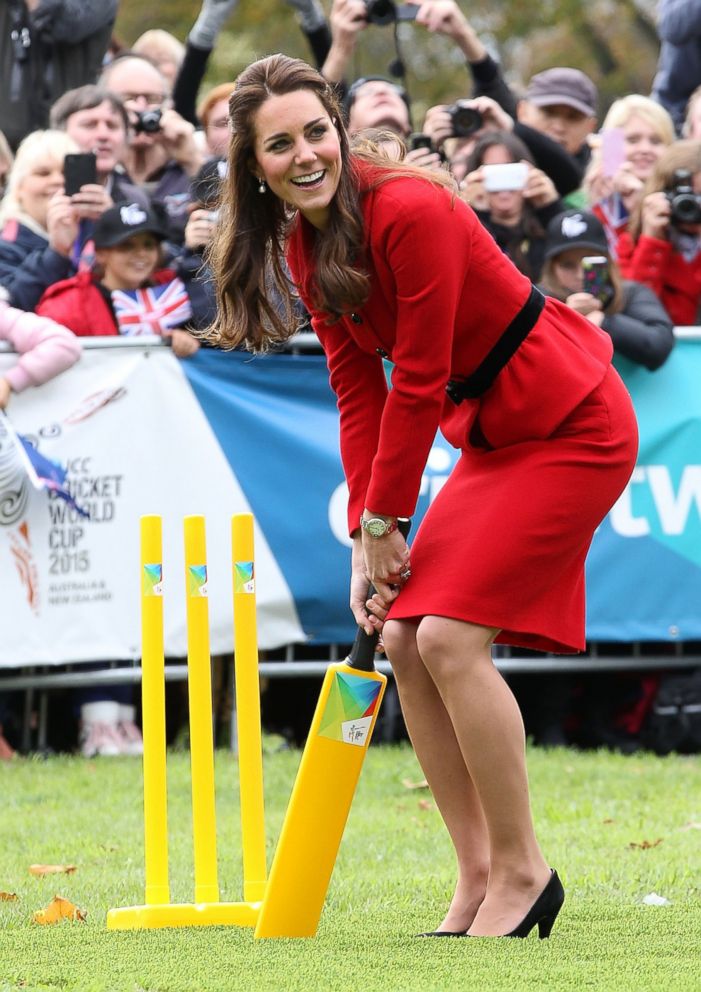
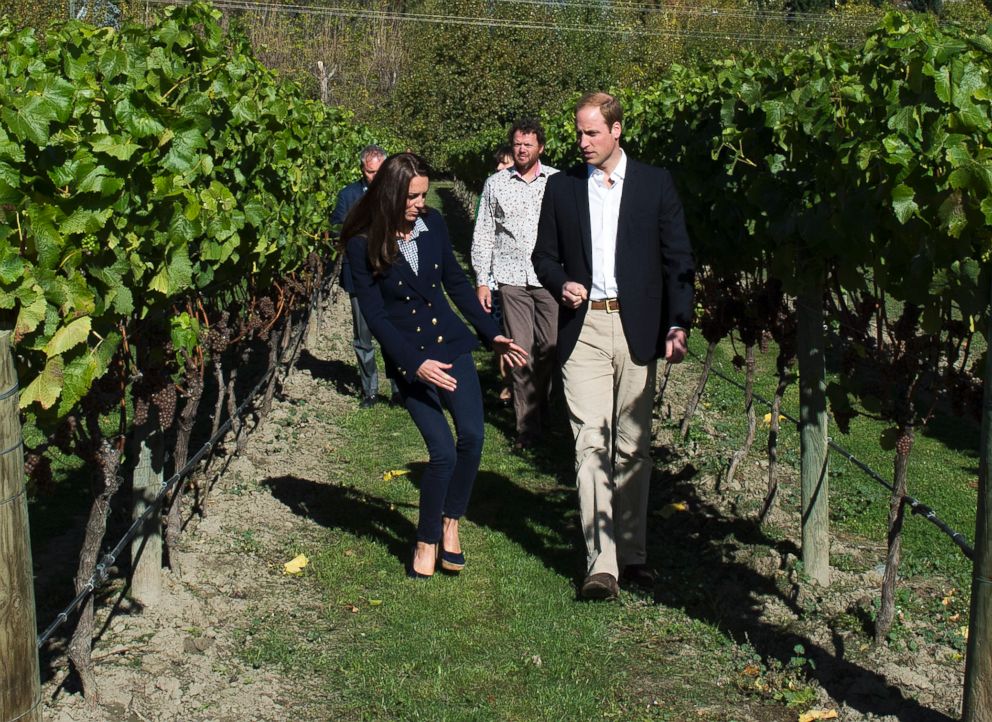
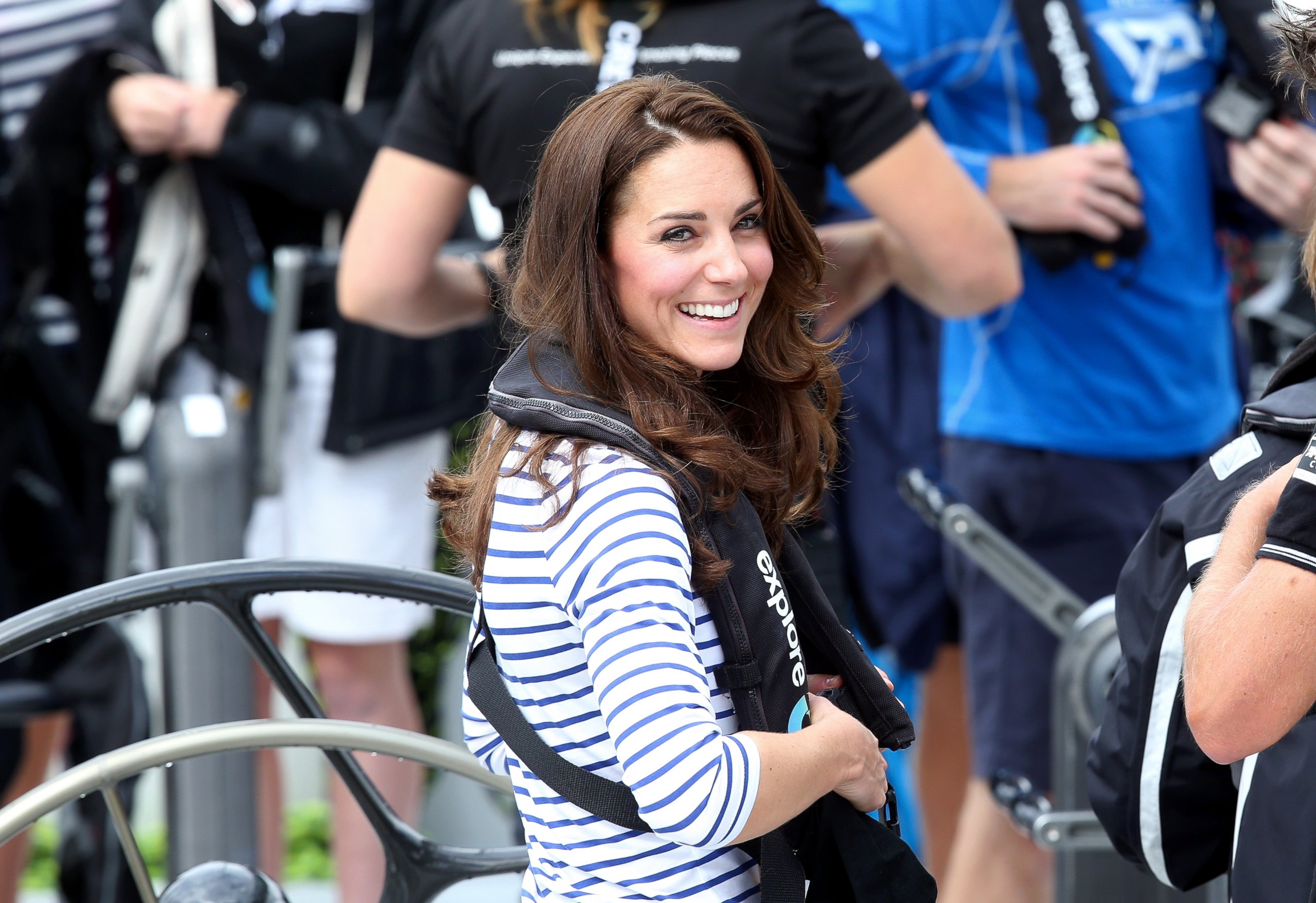
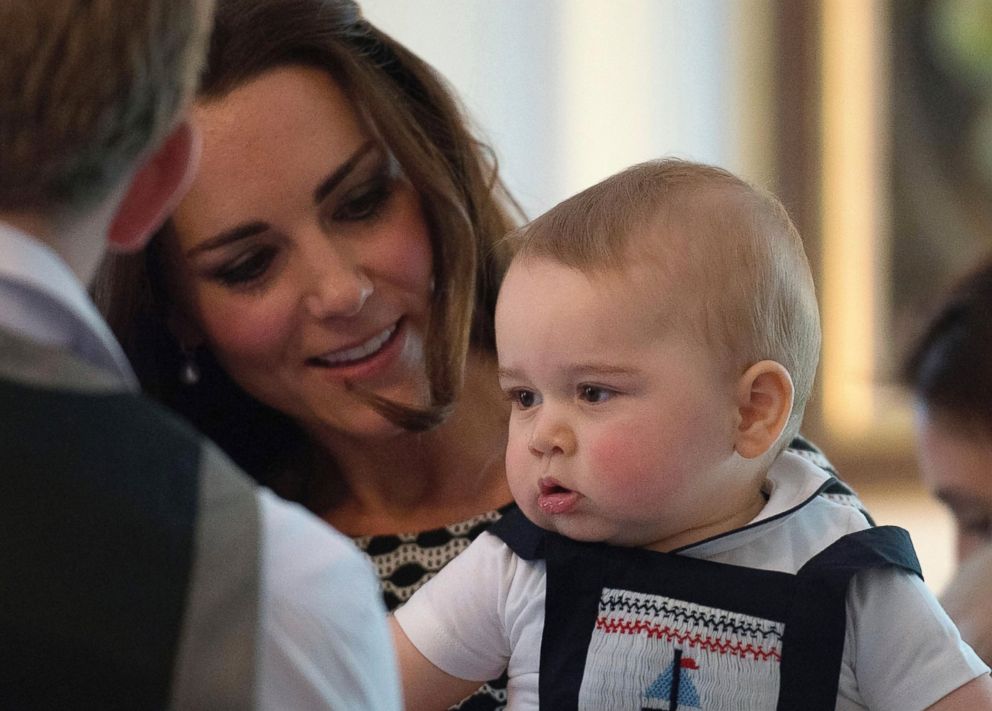
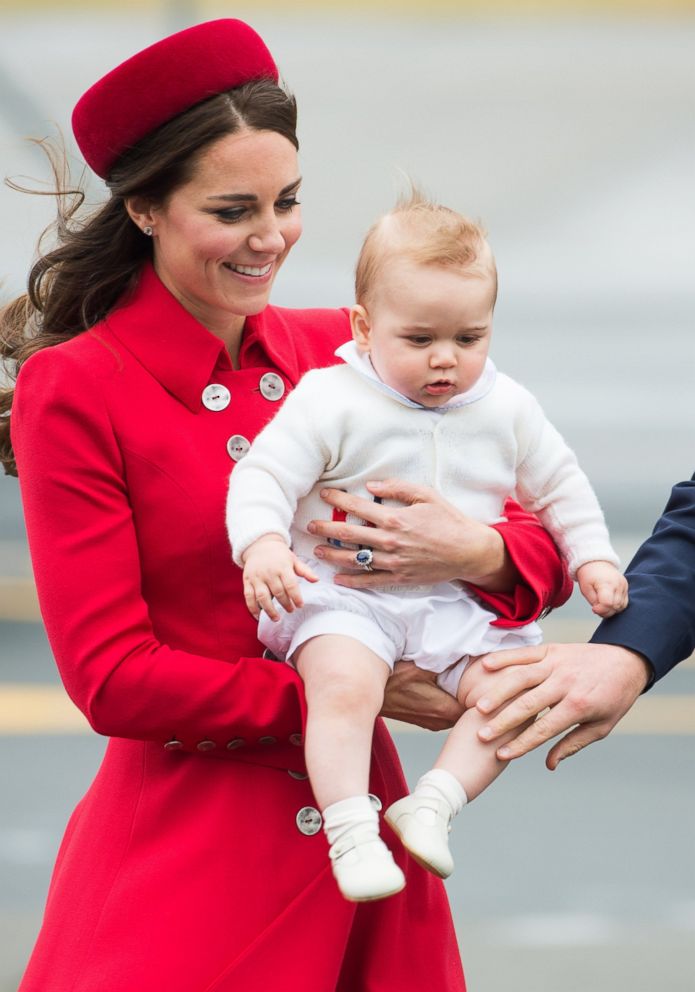
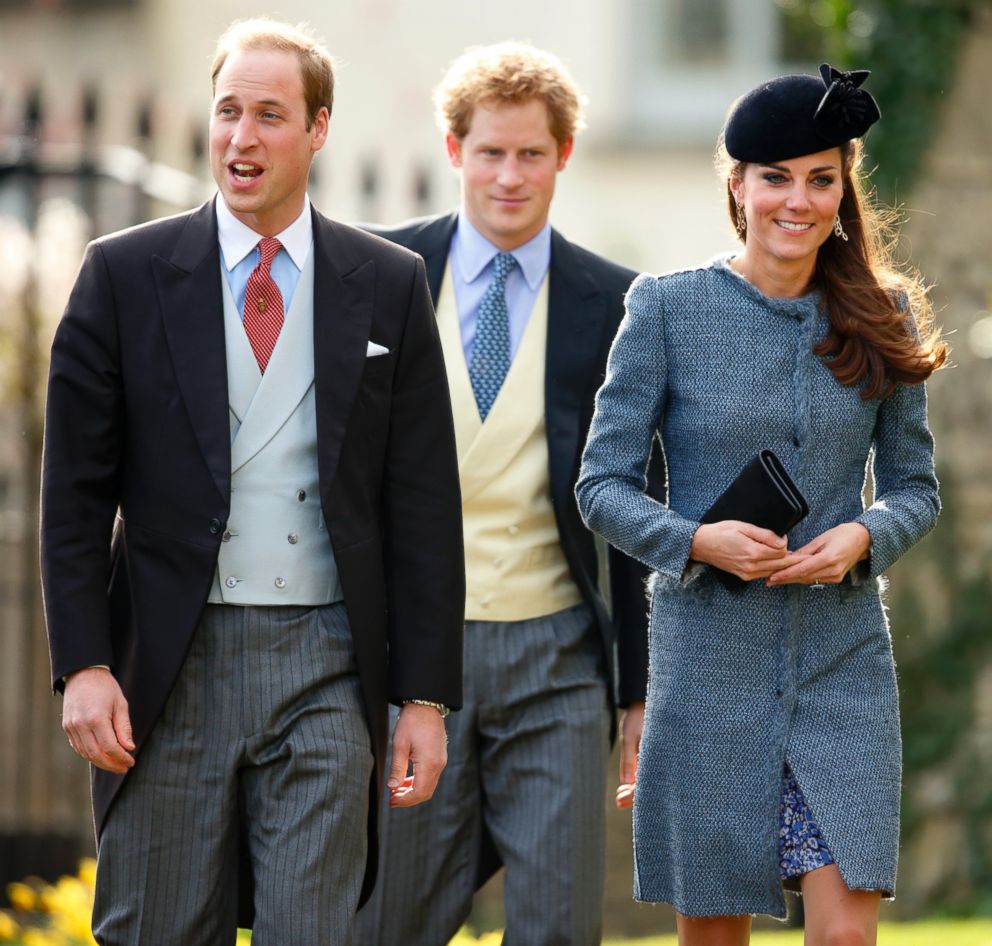
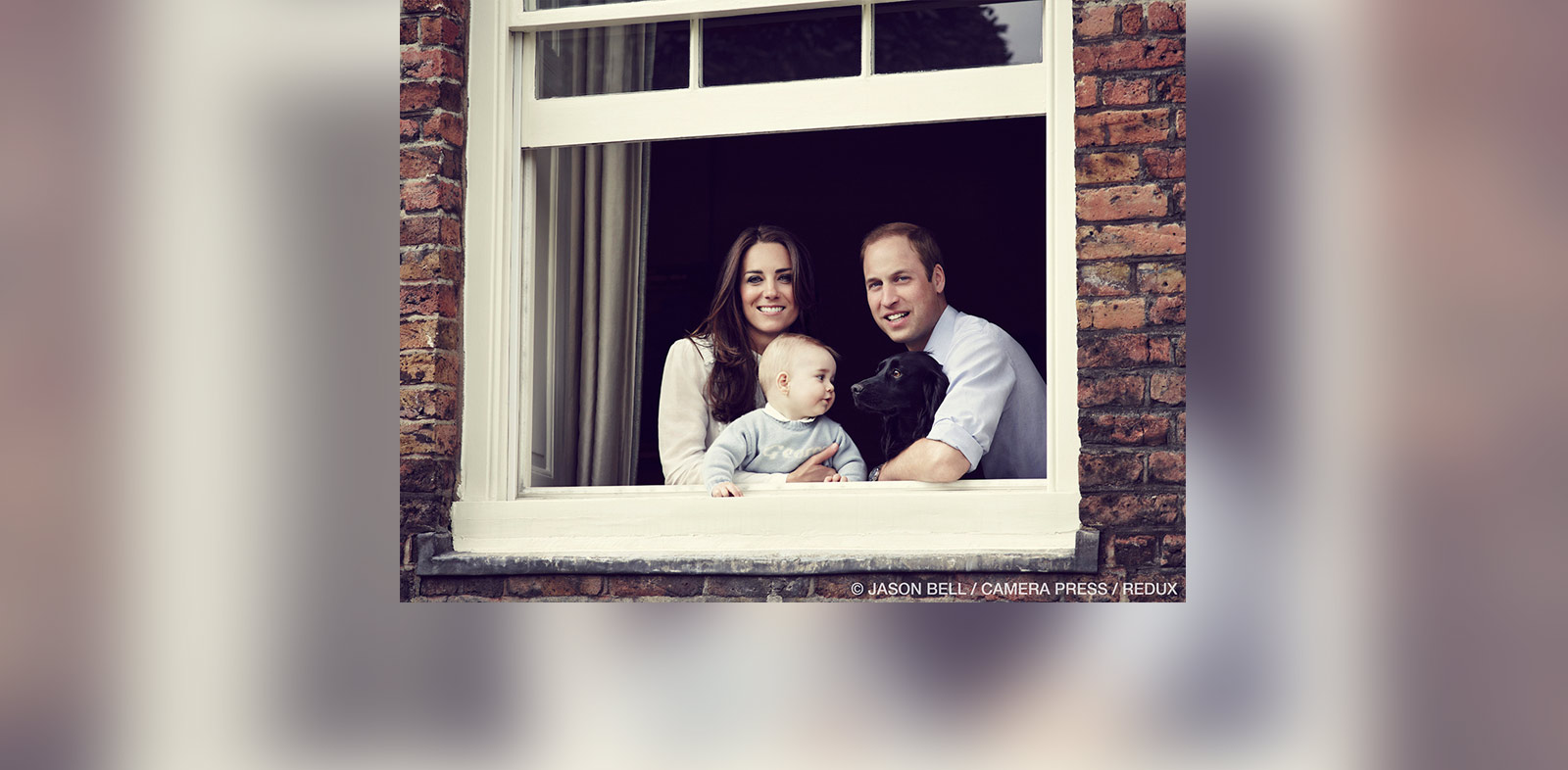

The pictures were reportedly taken with a long lens while Kate and William enjoyed a four-day vacation together in September 2012. The couple stayed at Chateau d'Autet, Viscount Linley's private estate in the south of France before beginning a tour of the Far East and South Pacific to celebrate Queen Elizabeth II's Diamond Jubilee.
The photographs were published in Closer magazine.
The defendants, who include paparazzi photographers and editors of Closer, are on trial in Paris for allegedly stalking the couple and taking and publishing the photographs. The six defendants each face up to one year in prison and fines of about $50,000 each if convicted. Closer magazine could also be shut down for five years.
France has strict privacy laws and William and Kate's palace lawyers, along with French legal counsel, launched criminal proceedings after the photos were published. They also obtained a civil injunction to stop the spread of the photos.
Kensington Palace issued a strongly worded statement about the photographs and the alleged breach of privacy at the time the photos were published.
"Their Royal Highnesses have been hugely saddened to learn that a French publication and a photographer have invaded their privacy in such a grotesque and totally unjustifiable manner," the statement read.
Prince William, who has strong feelings about the paparazzi for their role in the 1997 death of his mother, Princess Diana, was furious when the photos surfaced. Kensington Palace likened the incident to the flagrant paparazzi "excesses" during Princess Diana's life.
"The incident is reminiscent of the worst excesses of the press and paparazzi during the life of Diana, Princess of Wales, and all the more upsetting to The Duke and Duchess for being so," Kensington Palace said in a 2012 statement. "Their Royal Highnesses had every expectation of privacy in the remote house. It is unthinkable that anyone should take such photographs, let alone publish them."
Shortly after the photographs were initially published, the editor of Closer, Laurence Pieau, defended the publication of the photos, stating that they were not degrading.
"These photos are not in the least shocking,” Pieau said. “They show a young woman sunbathing topless, like the millions of women you see on beaches.”
The magazine also defended the decision to publish the photos in a statement on its website at the time, stating that the photos would only appear in the French, not the British edition, and were not degrading.
Neither Kensington Palace nor lawyers for the defendants responded to ABC News' requests for comment.
The trial could be a landmark case for paparazzi and the coverage of high-profile individuals, especially in Europe, ABC News chief legal affairs anchor Dan Abrams said.
"I think if you’re talking about jail time, I think this could fundamentally change the way things occur in Europe in particular," Abrams said today on "Good Morning America."
Abrams said the case will be "very closely watched" because the defendants are facing criminal charges, not just a fine.
"Criminal changes everything," he said. "You’re no longer talking about how many dollars, you’re talking about the possibility of time and you’re talking about executives from the magazine. You’re talking about the photographers. This is a big deal."
France's tough privacy laws will make the case "even harder" for the photographers and editors on trial, according to Abrams. The defense's case, Abrams predicts, will likely rest on the fact that the photographs were taken from a public street.
"This a tough case because this was on a public street and you can actually see the home where they were at from that public street," he said.